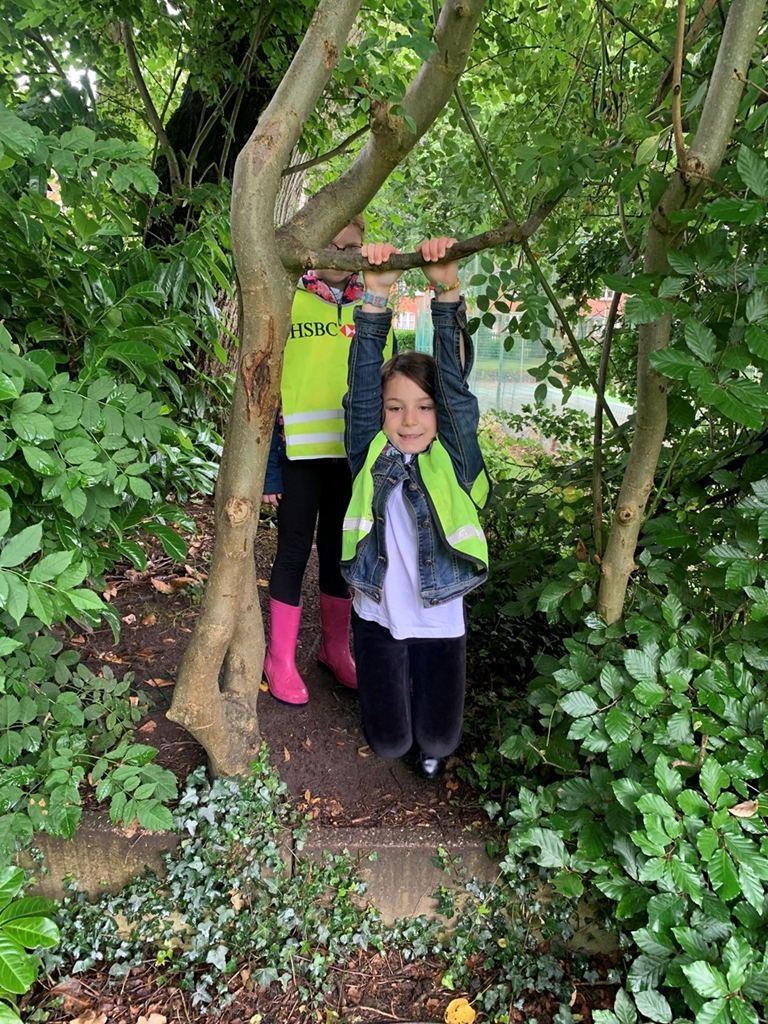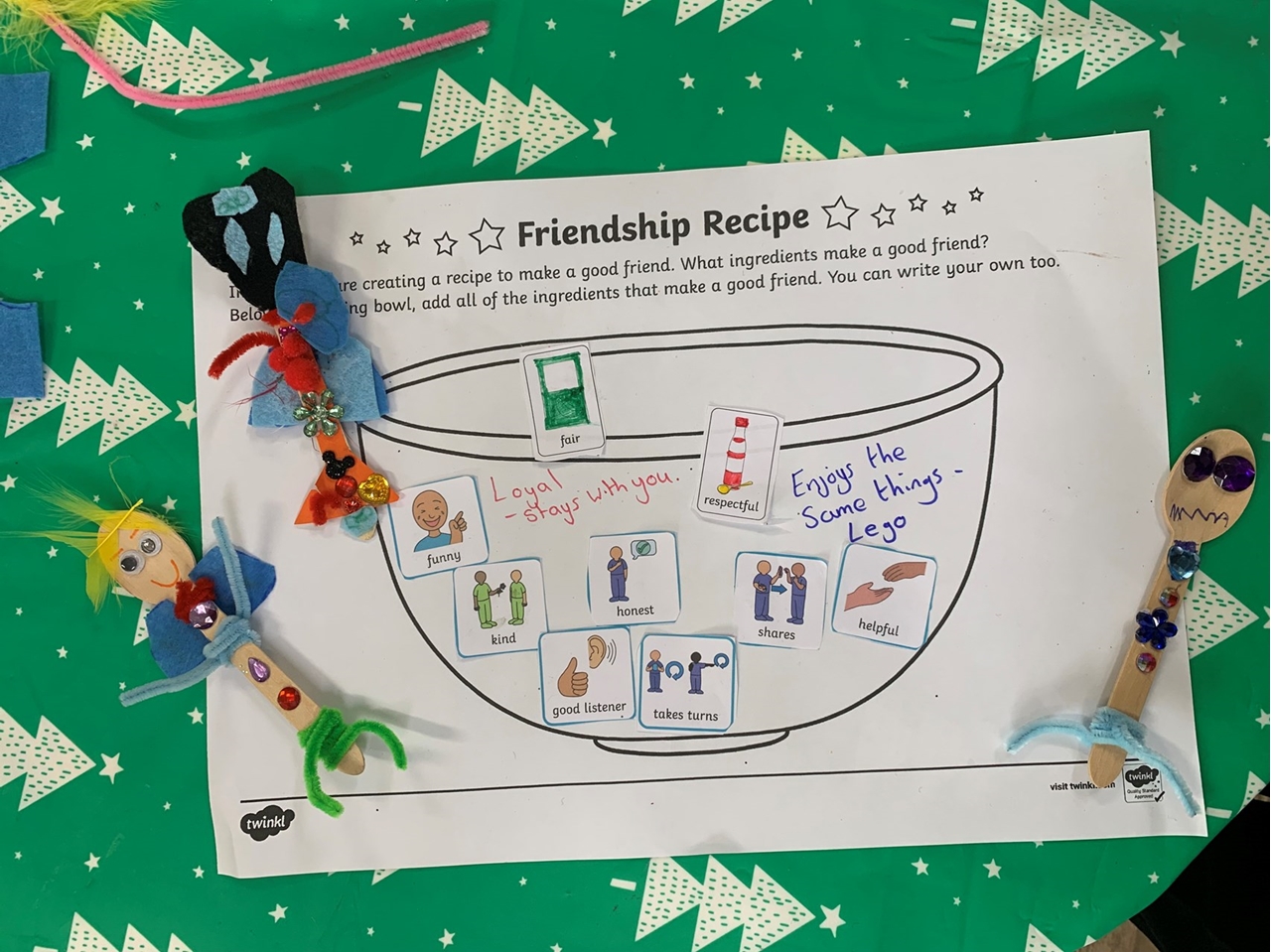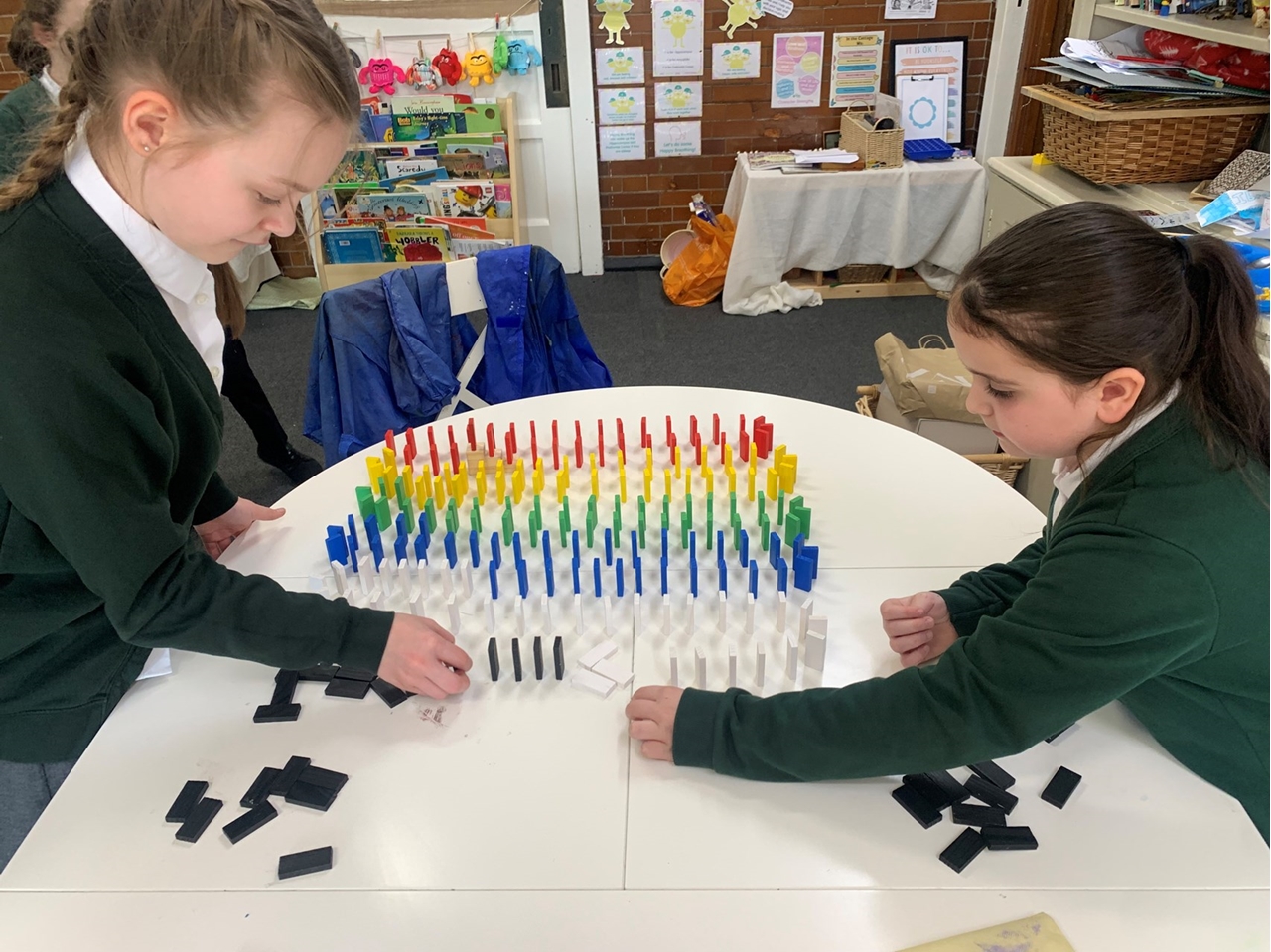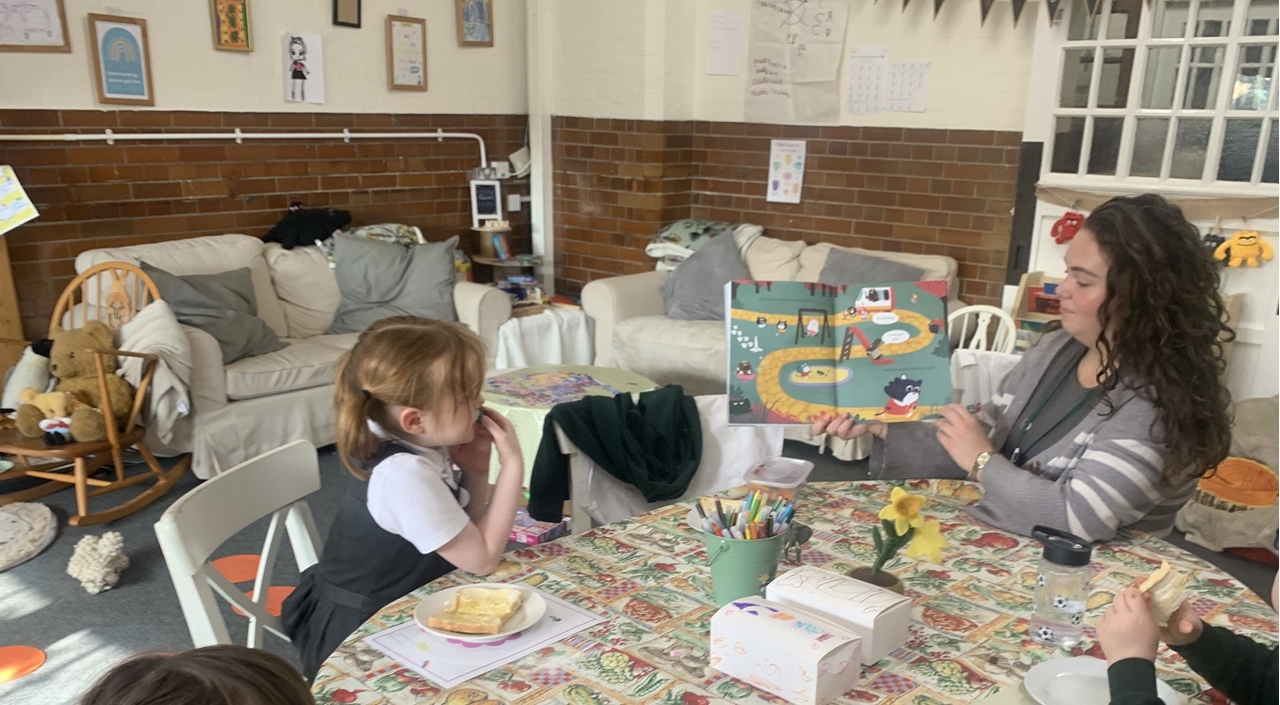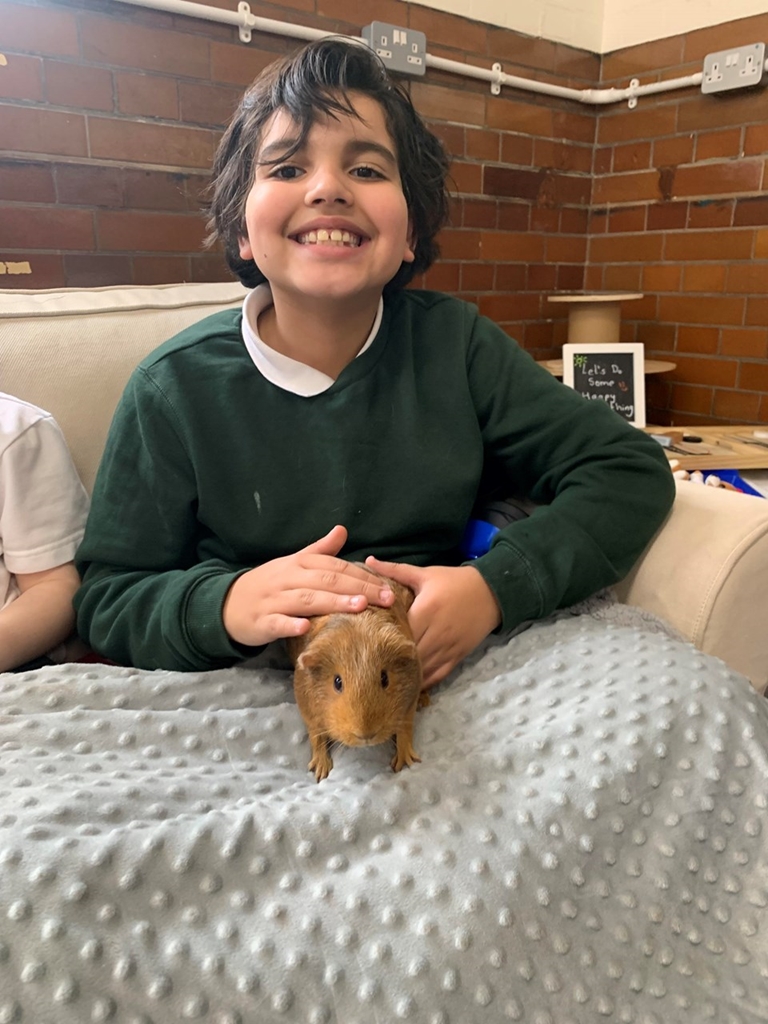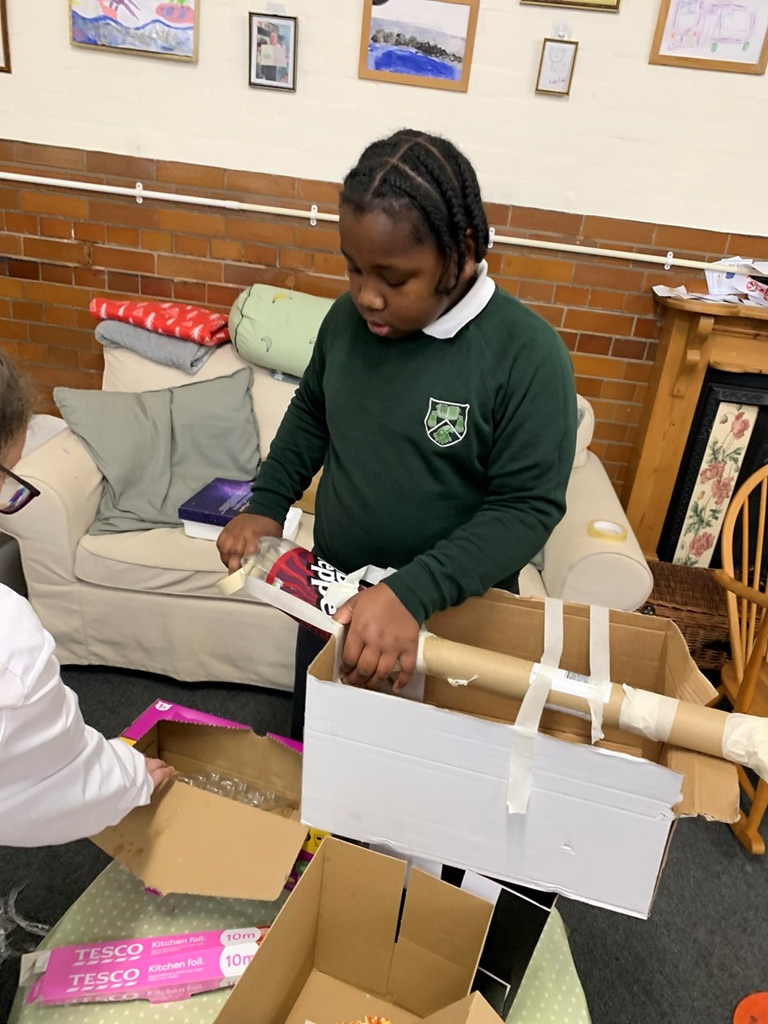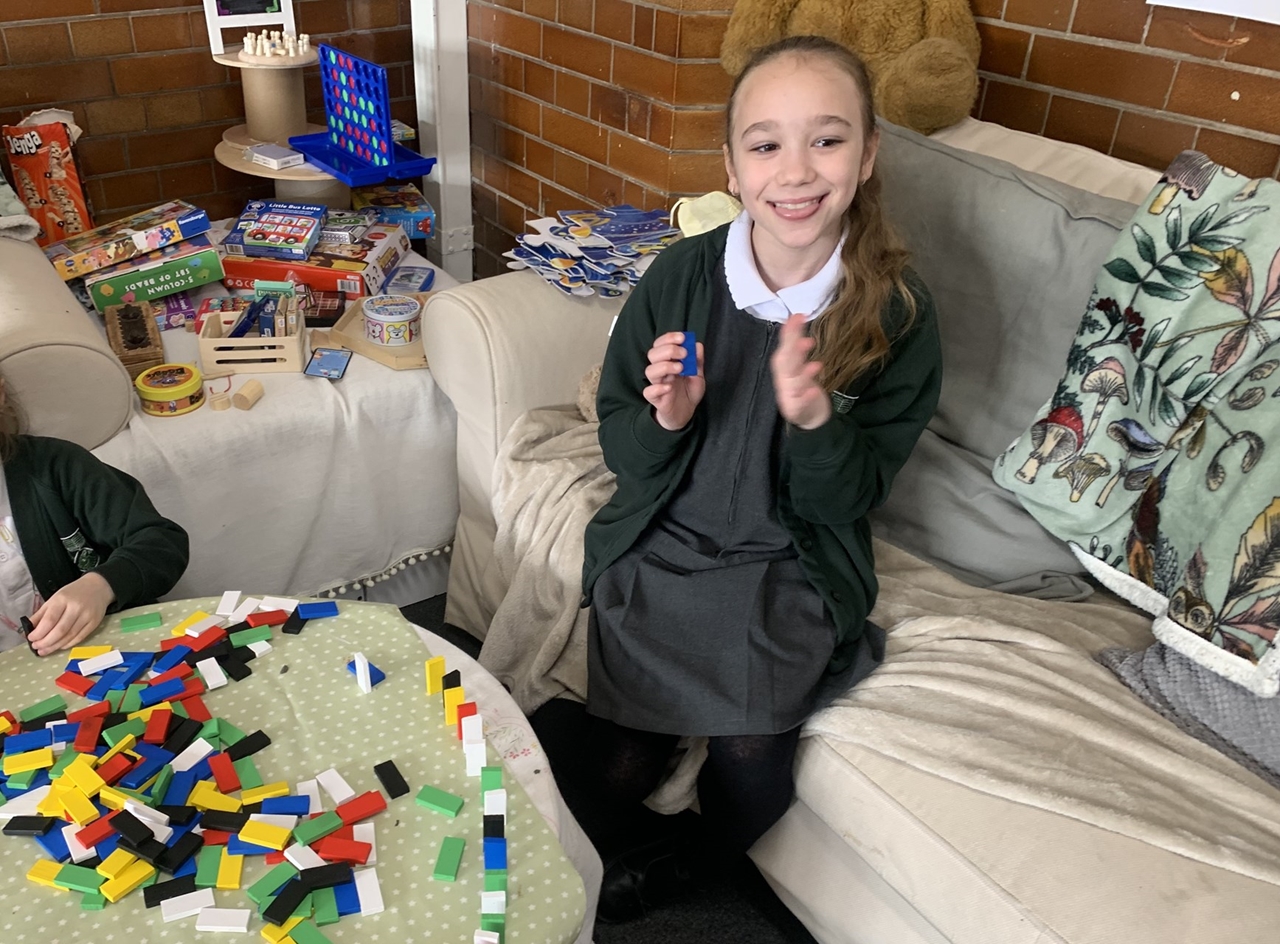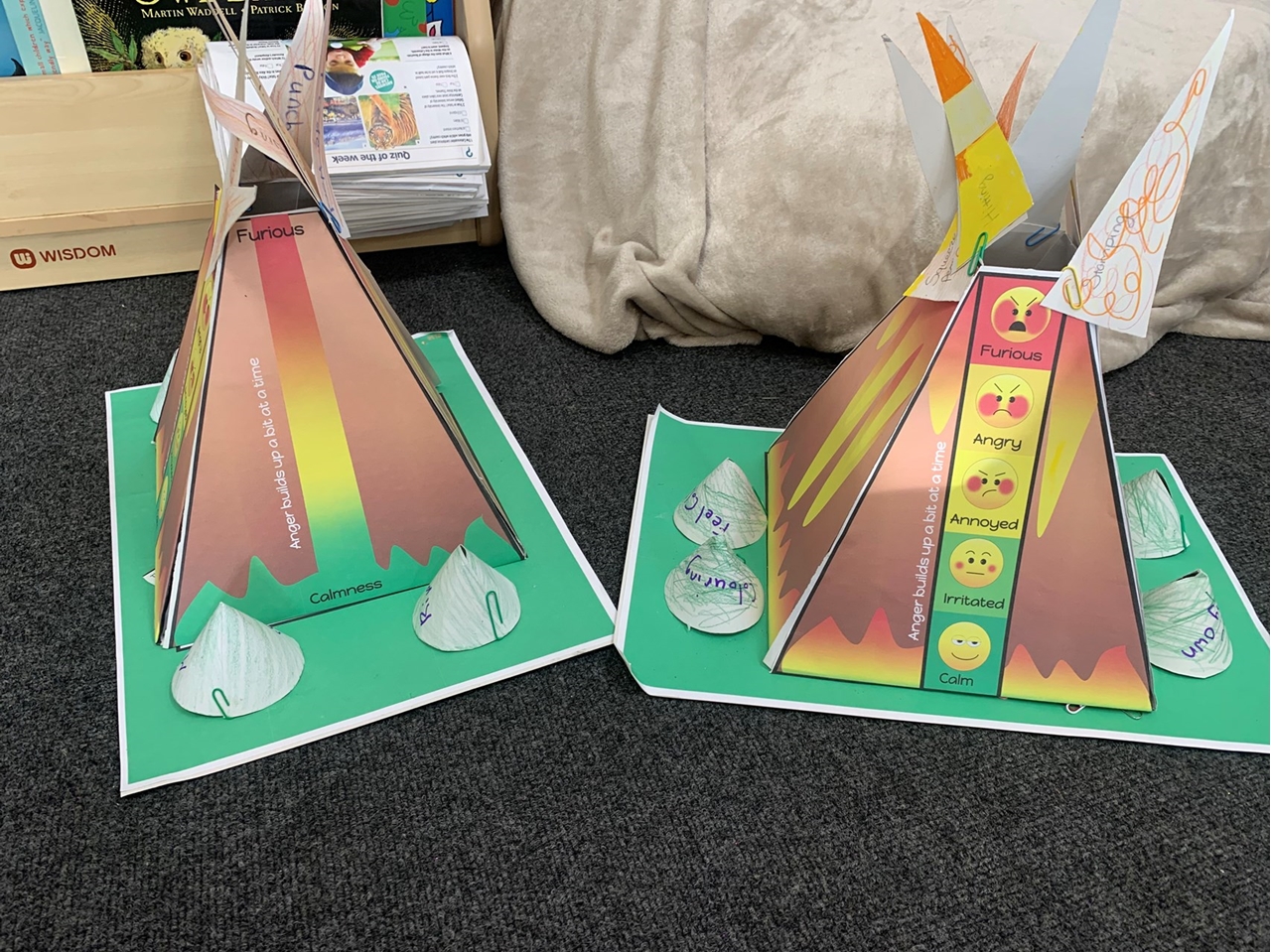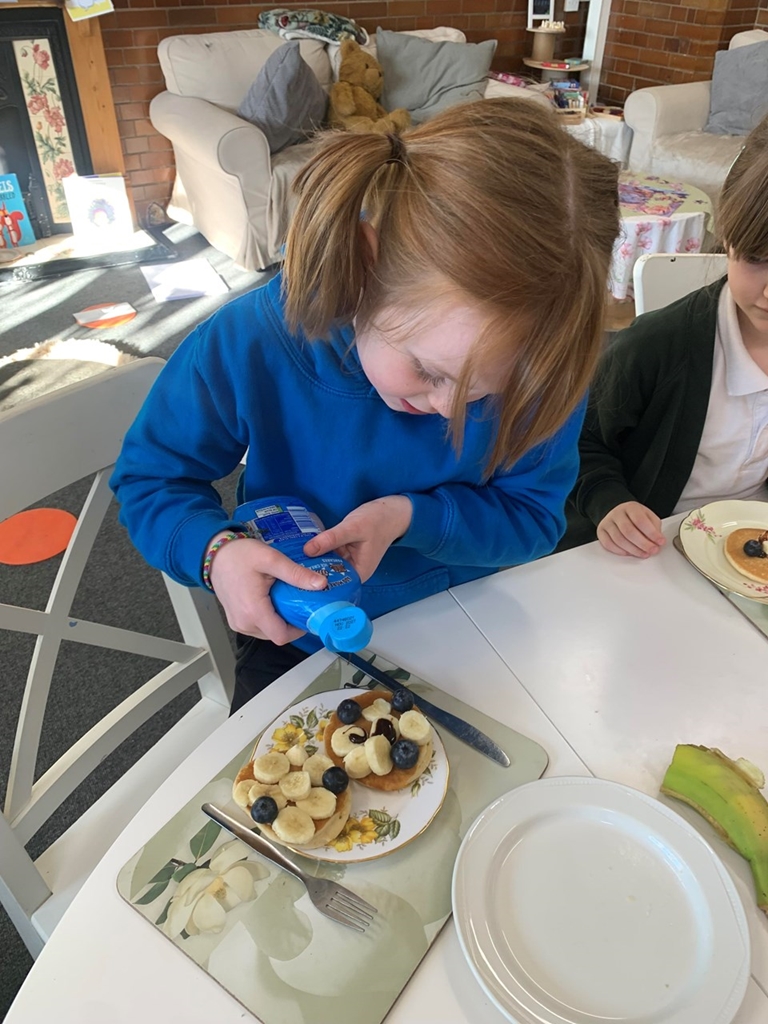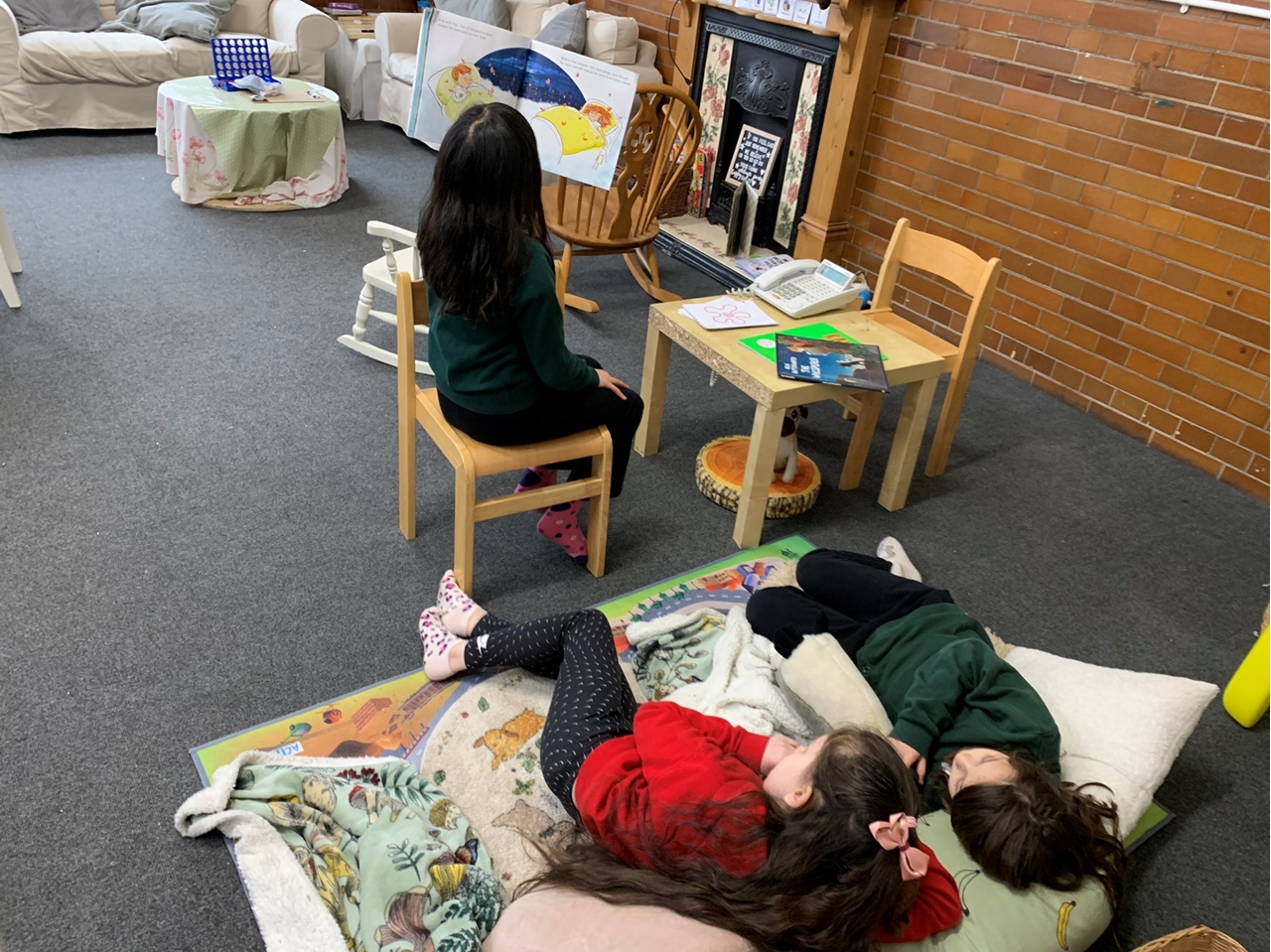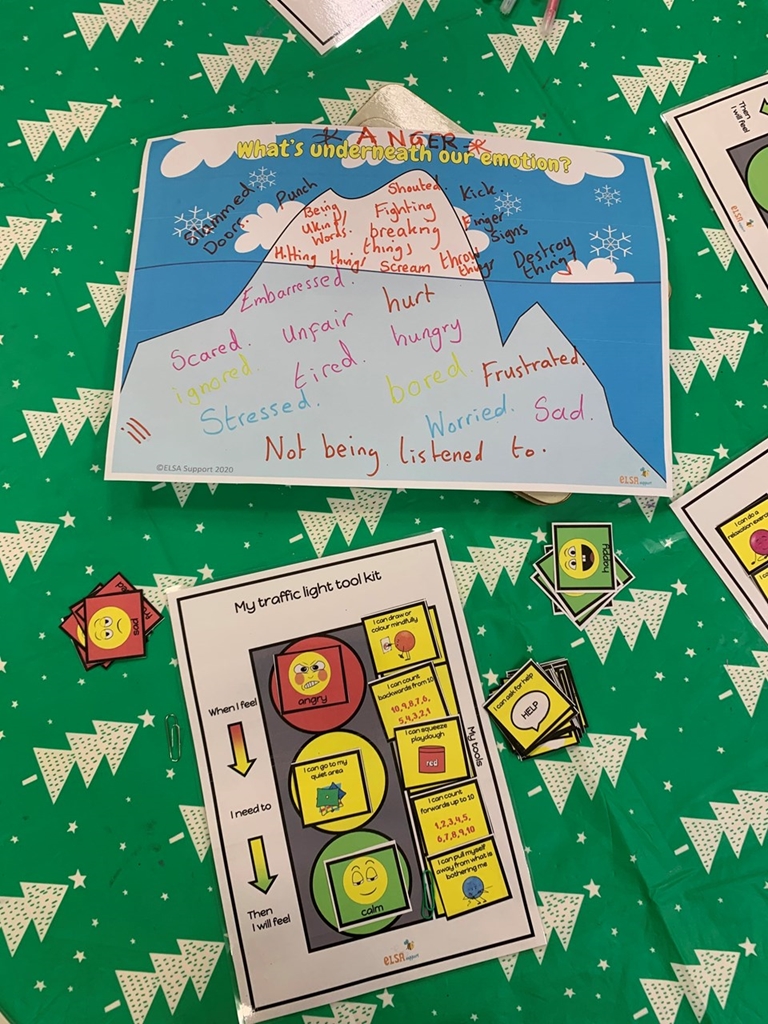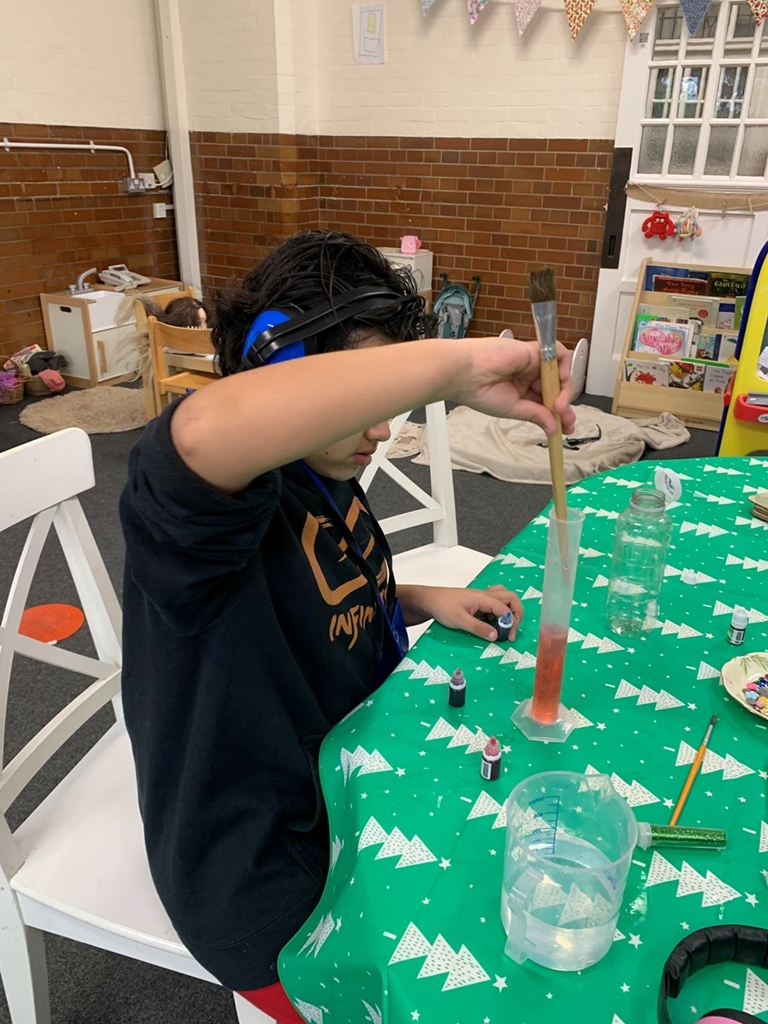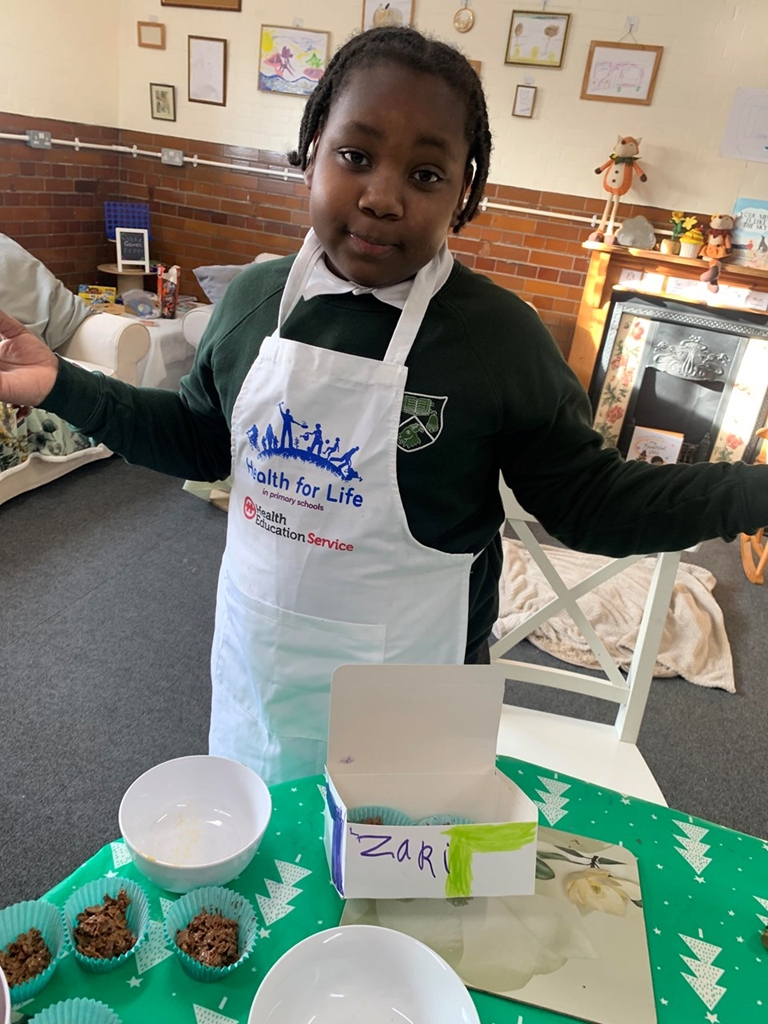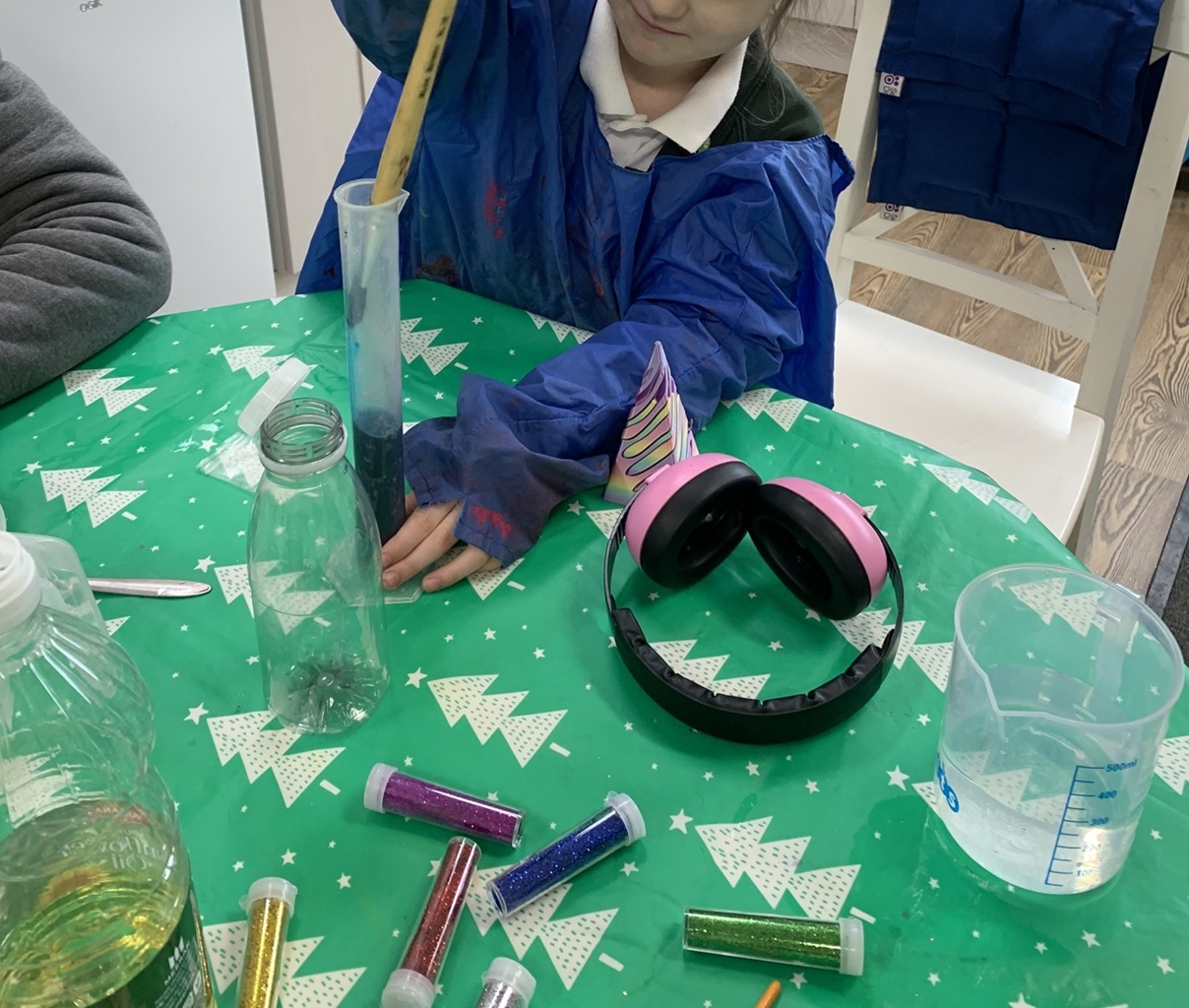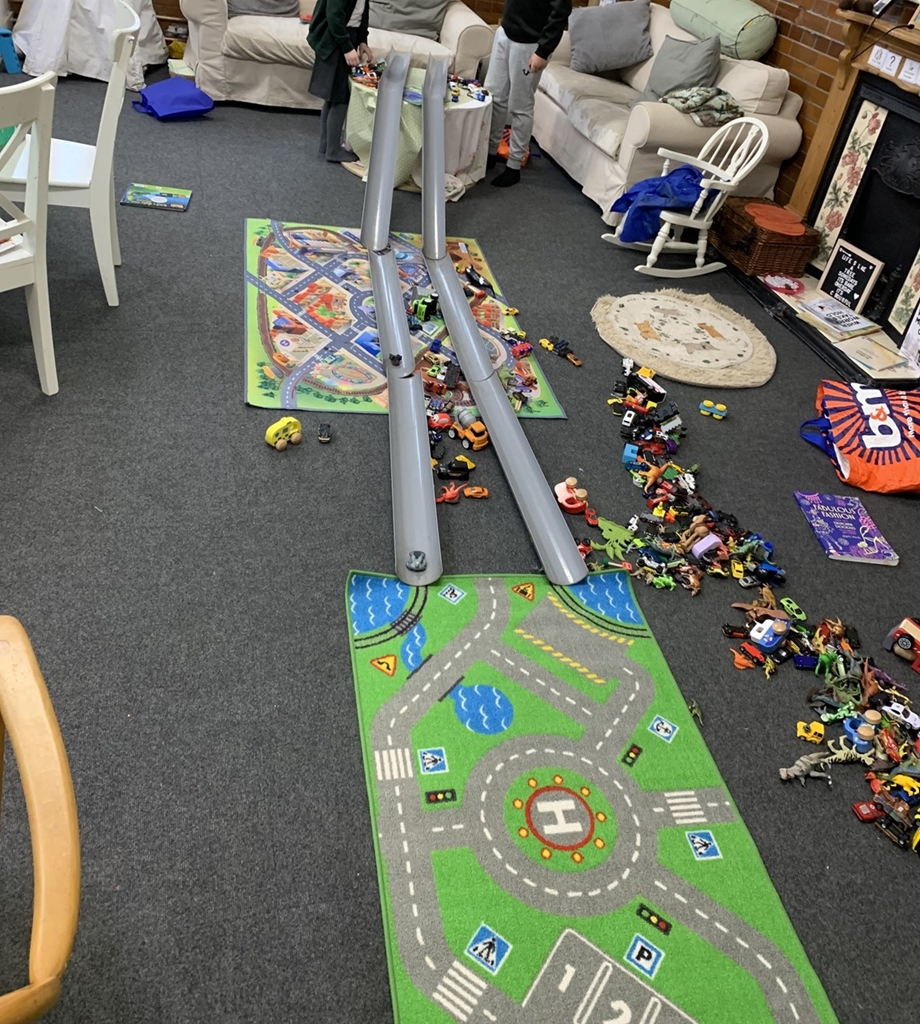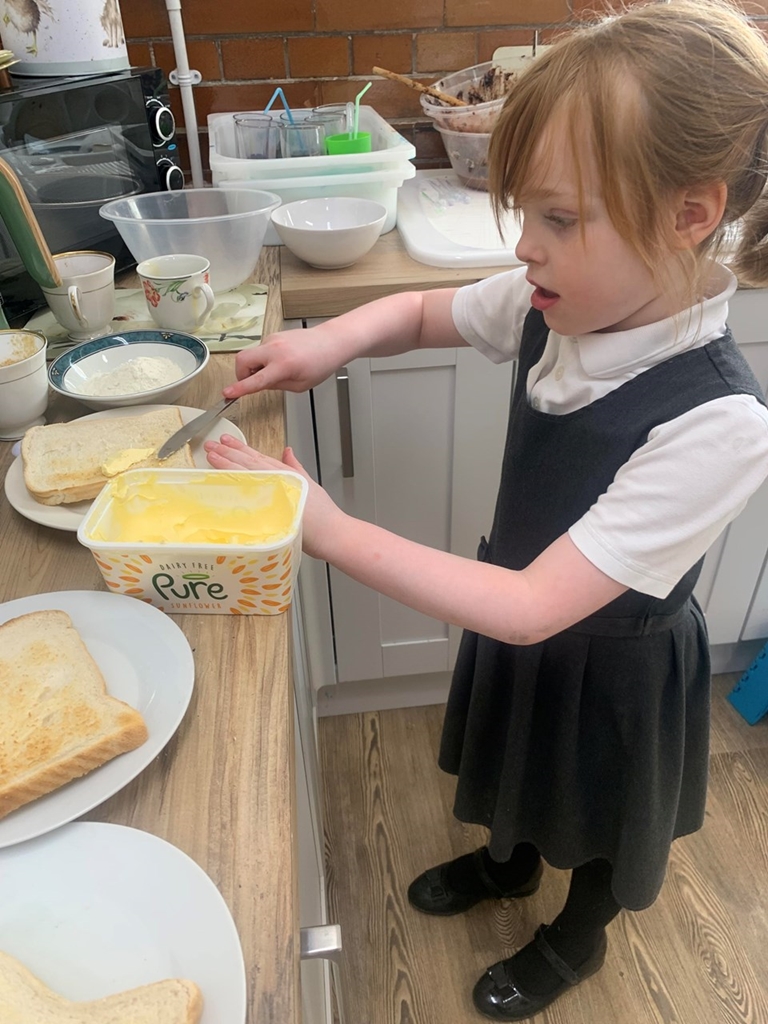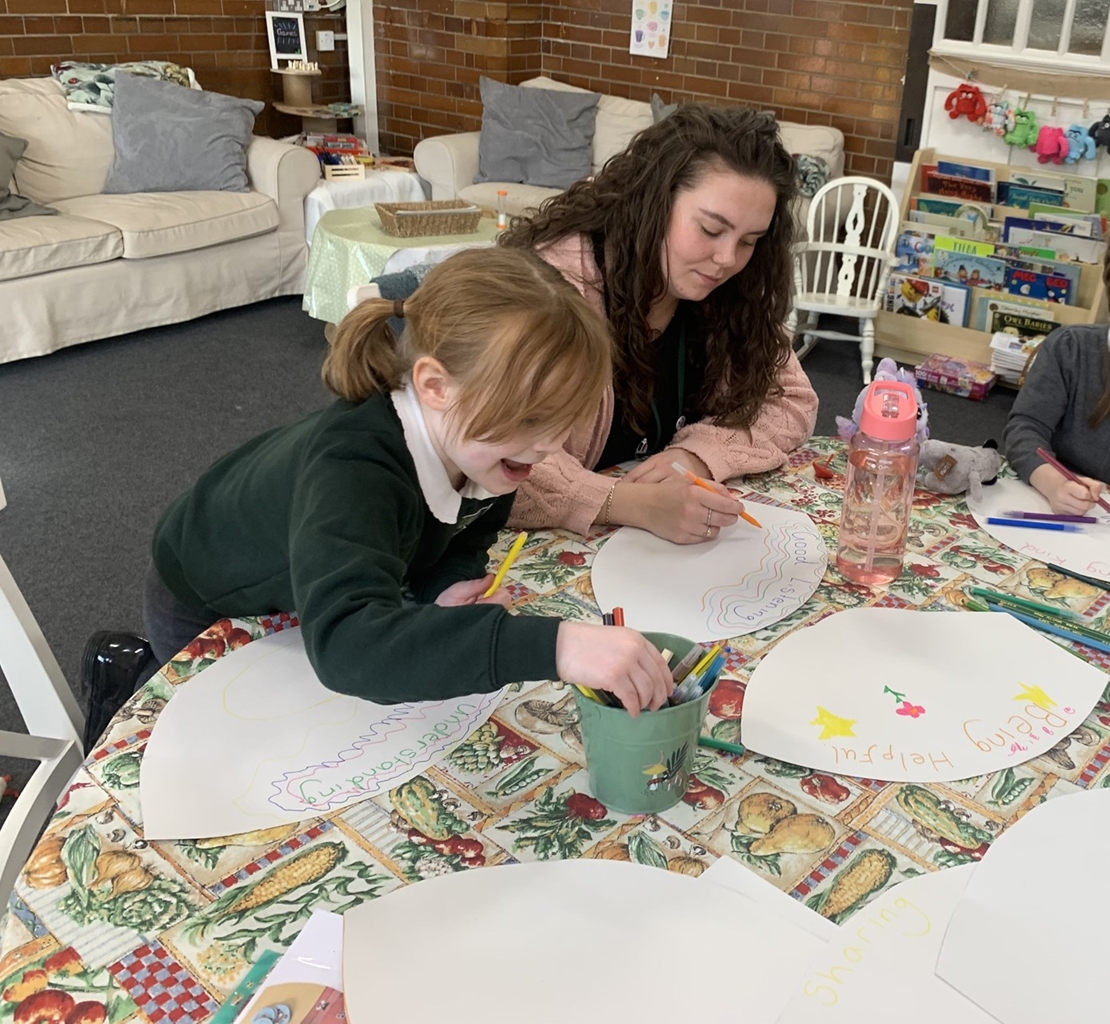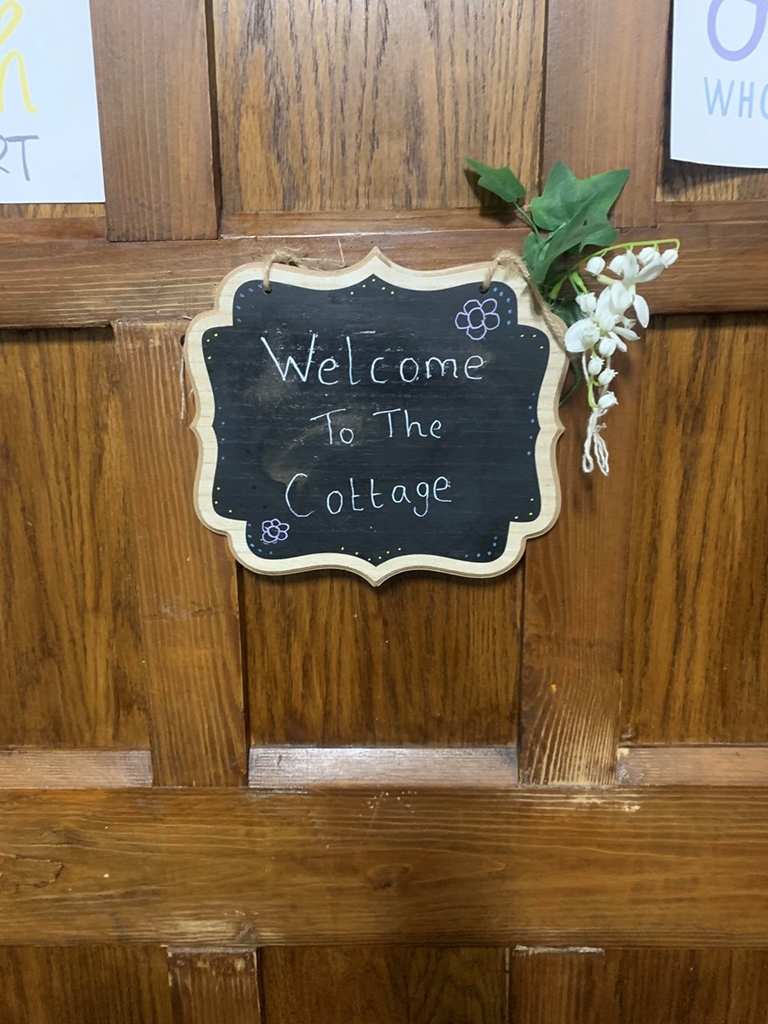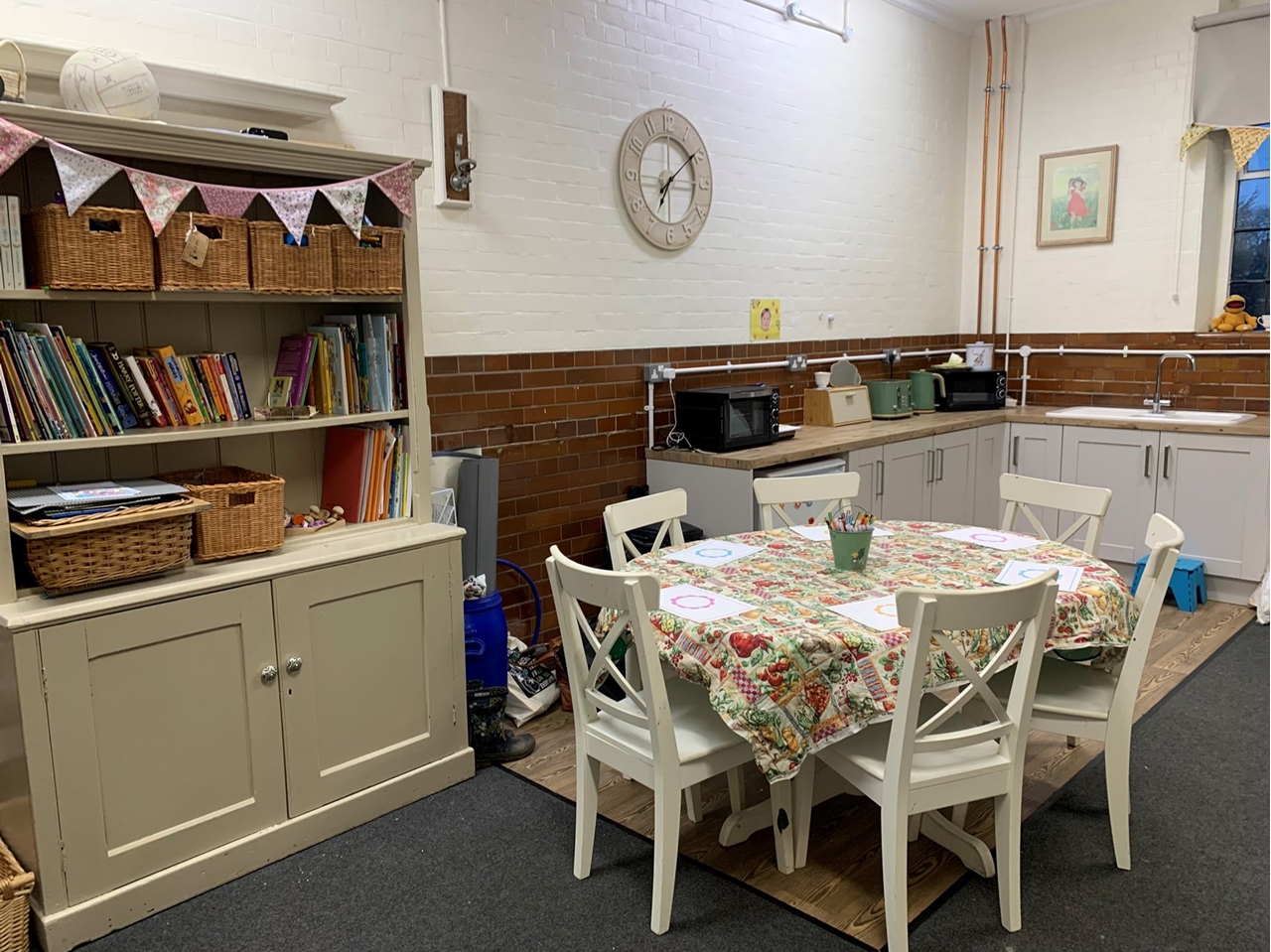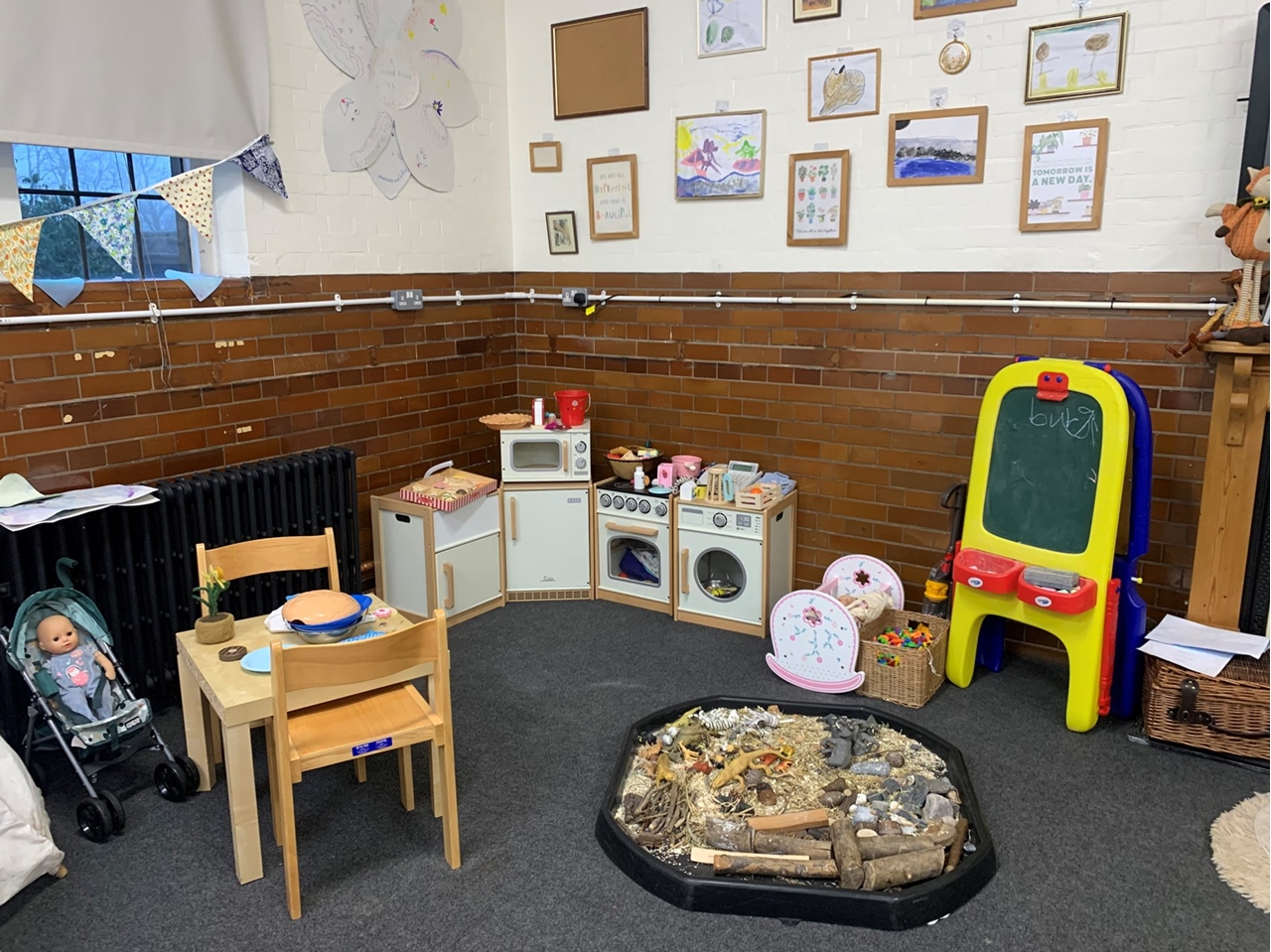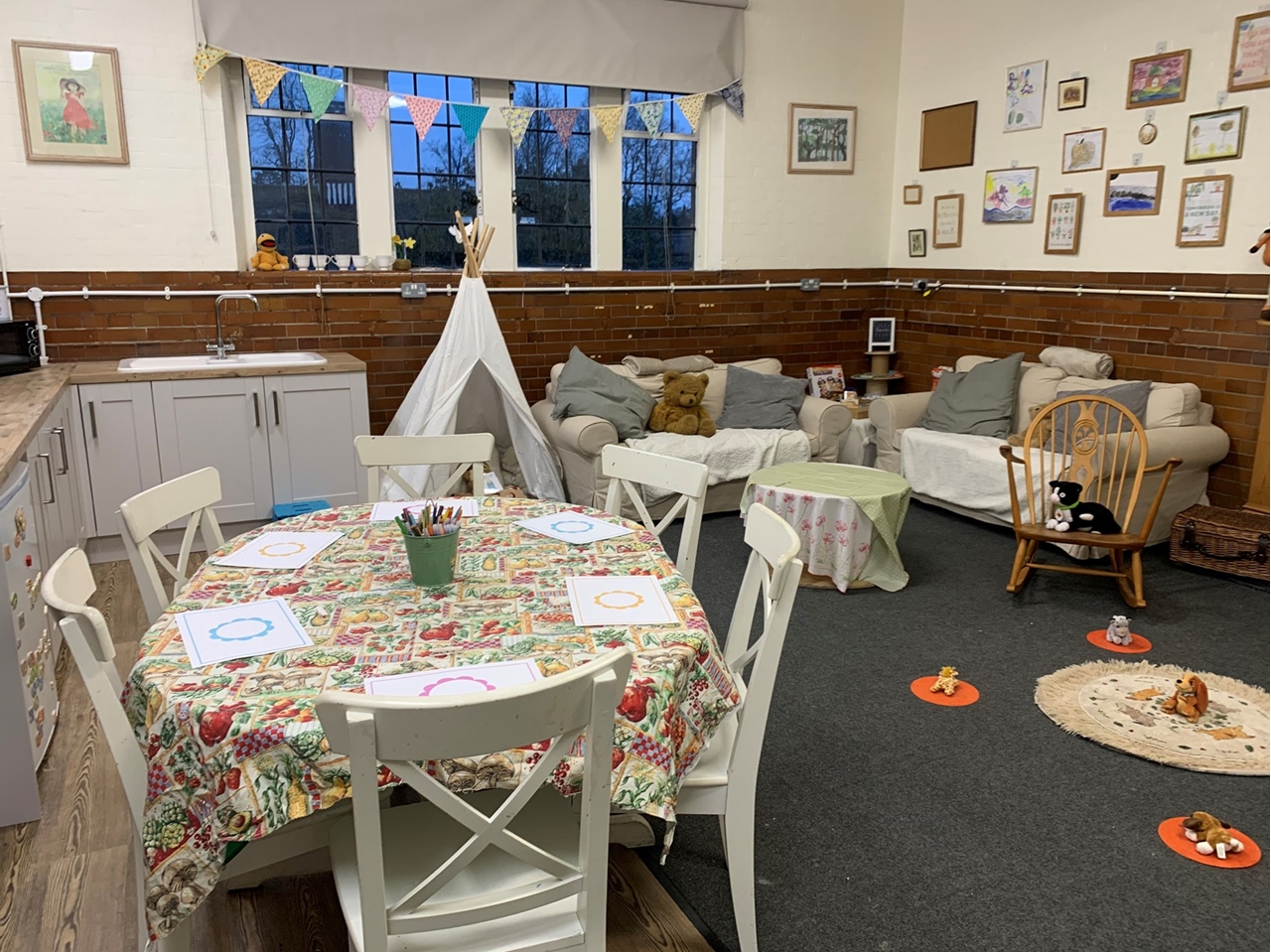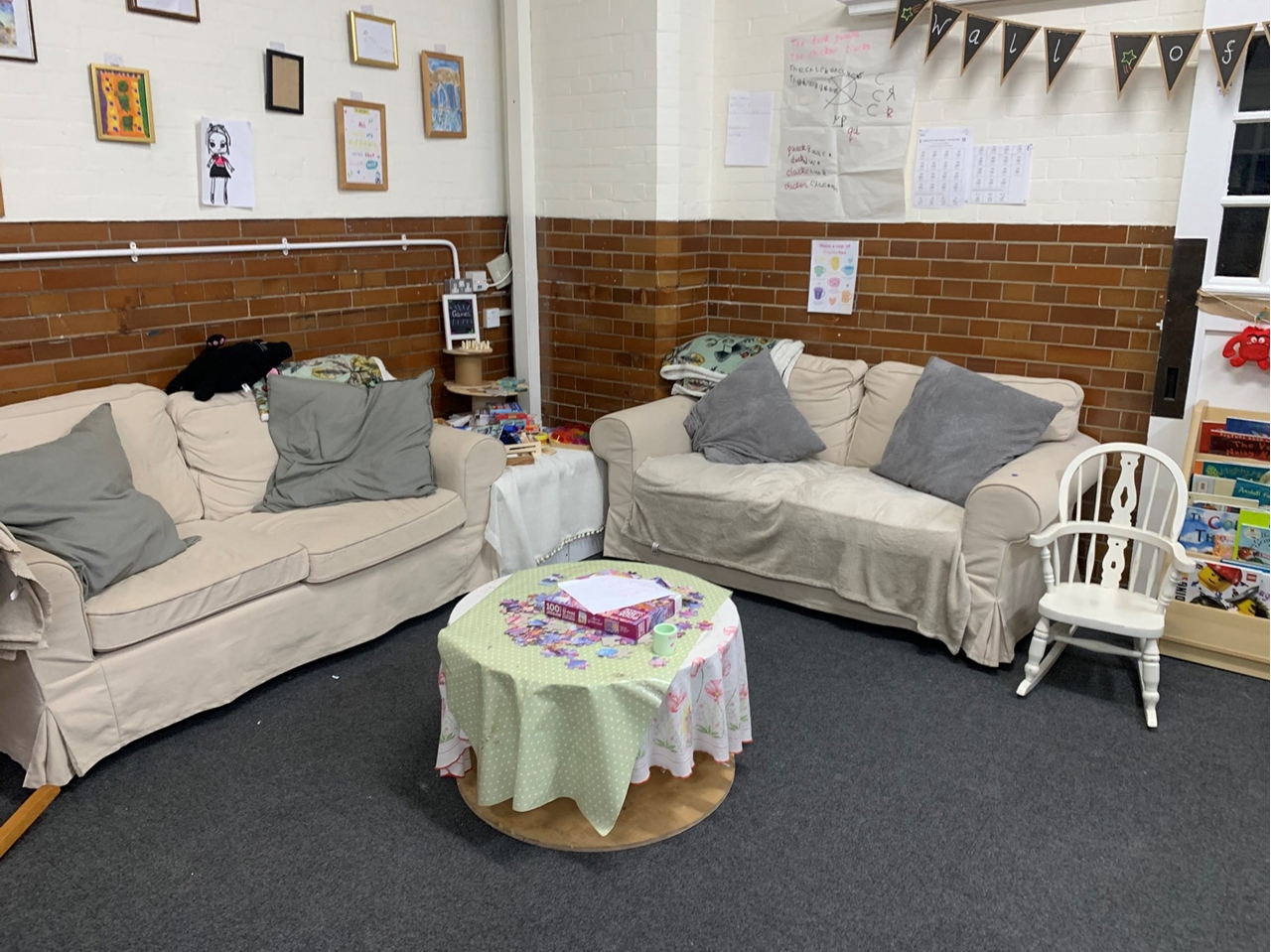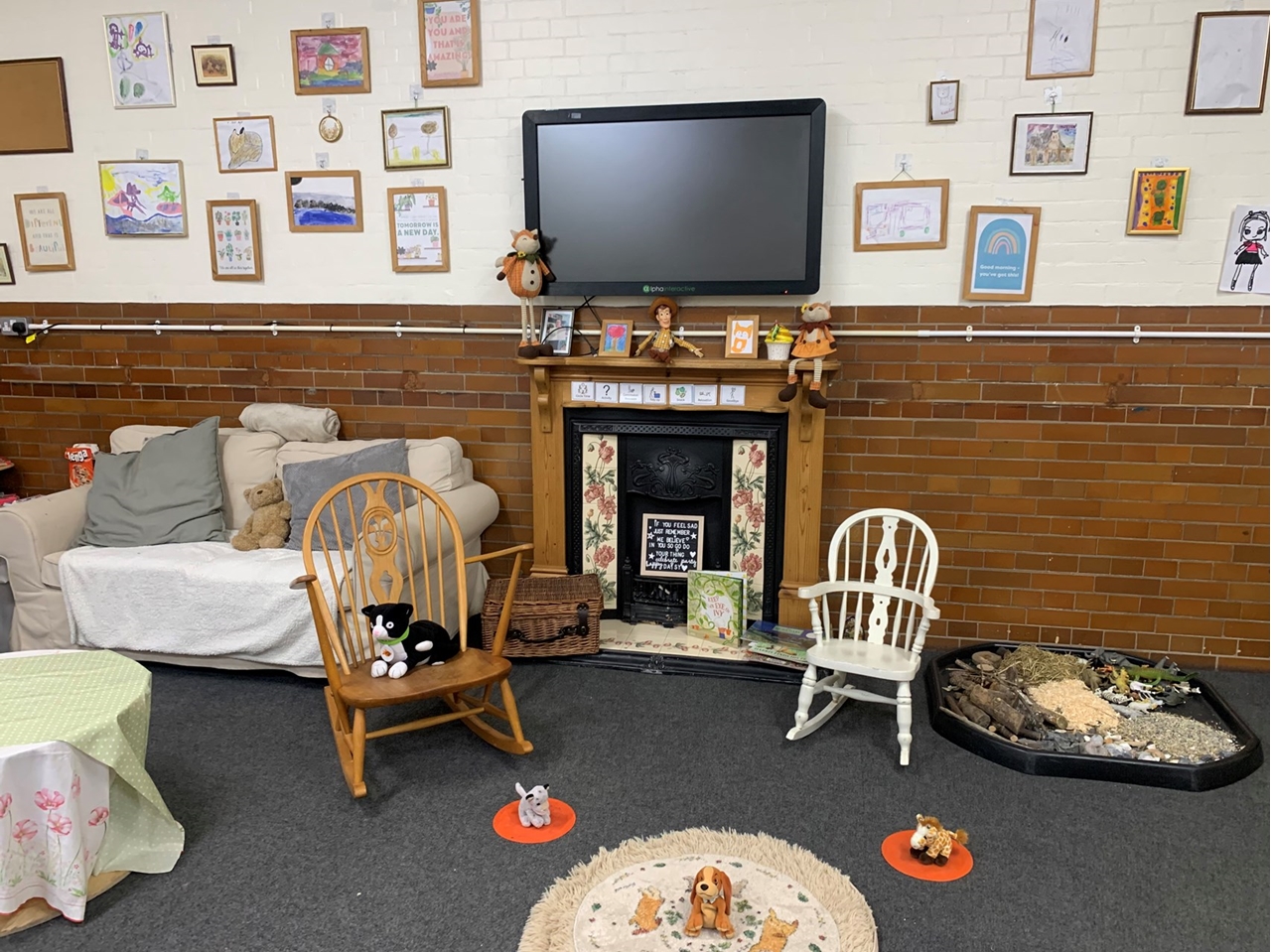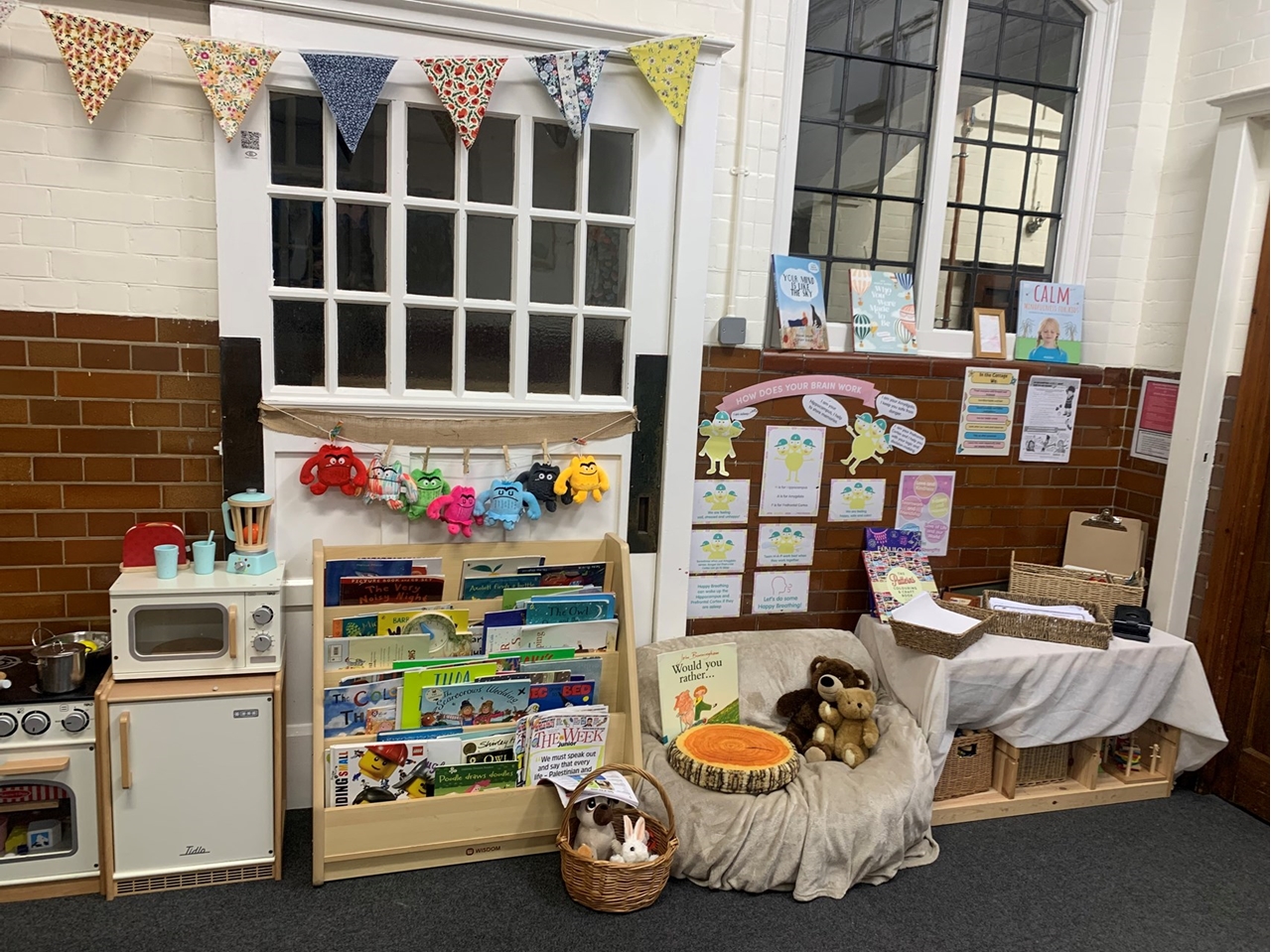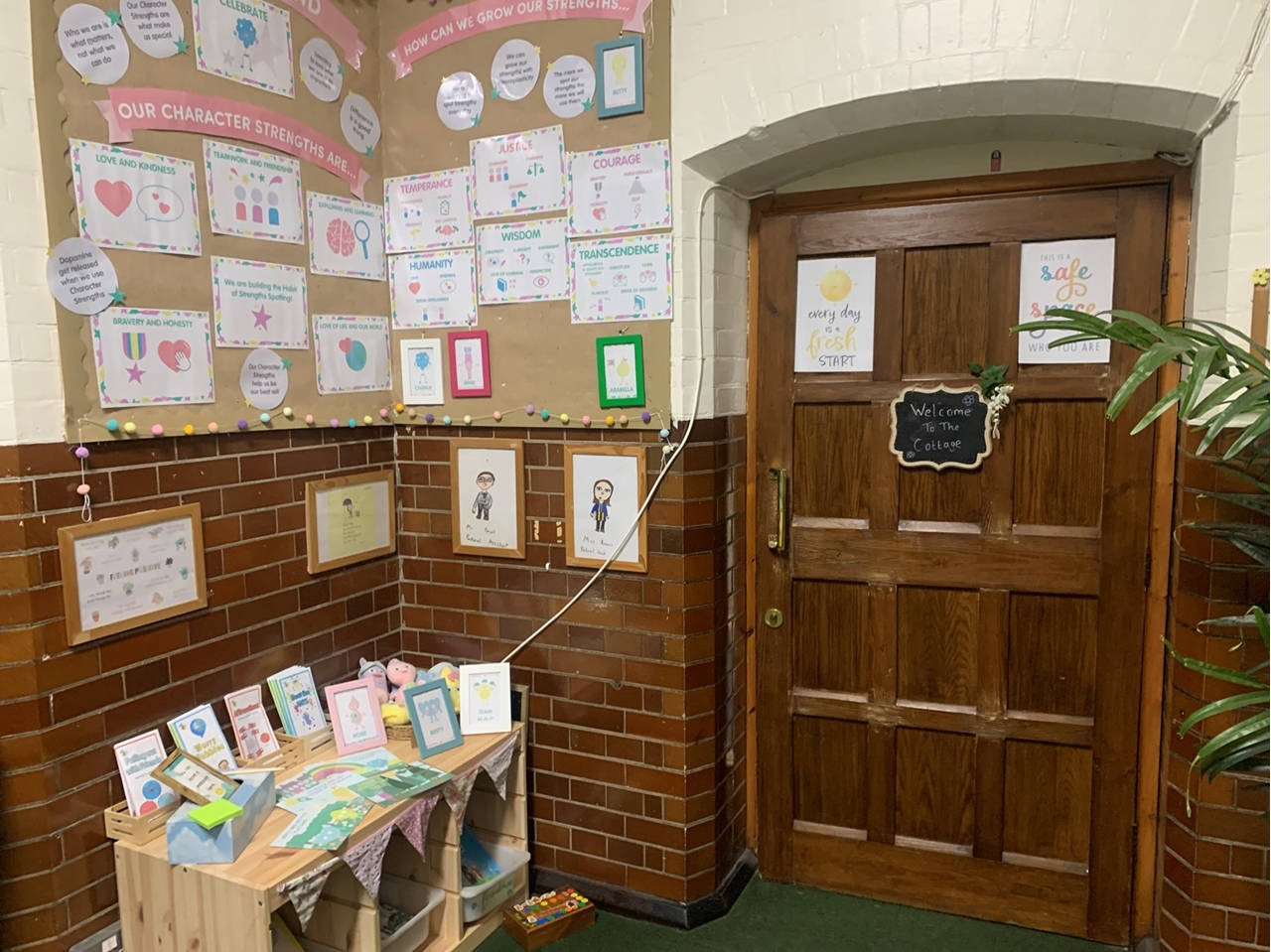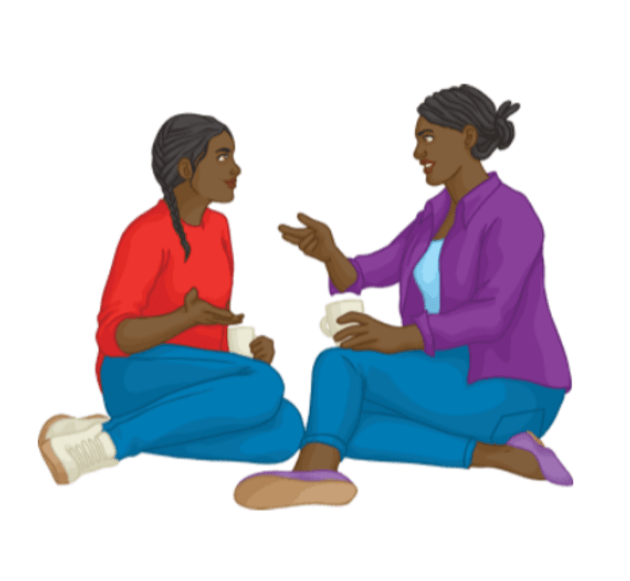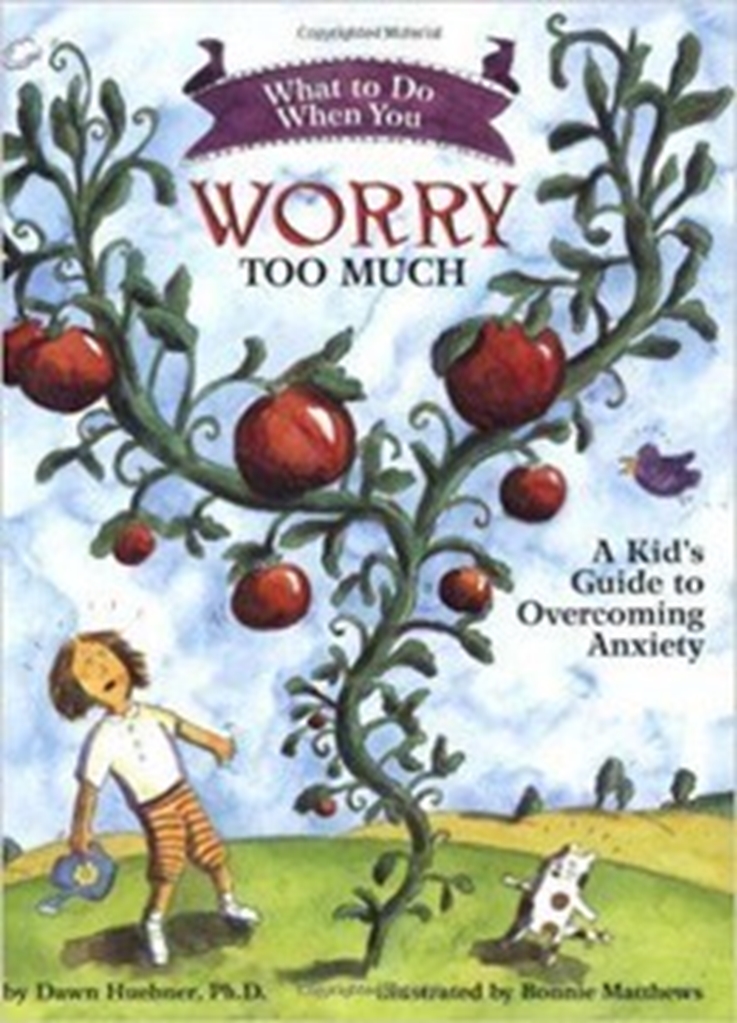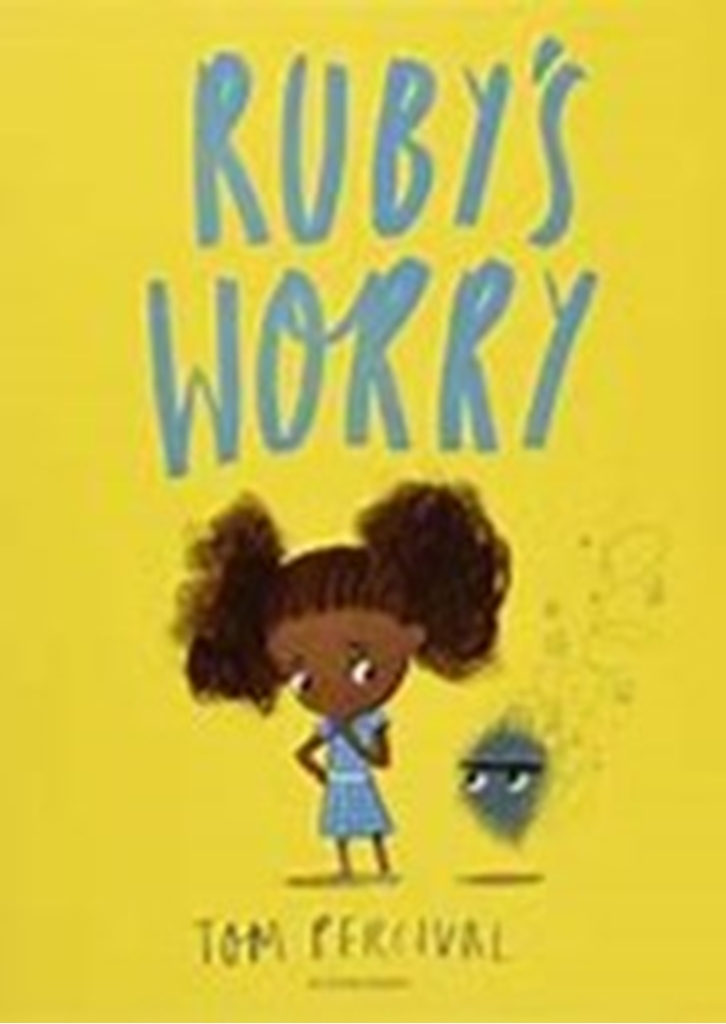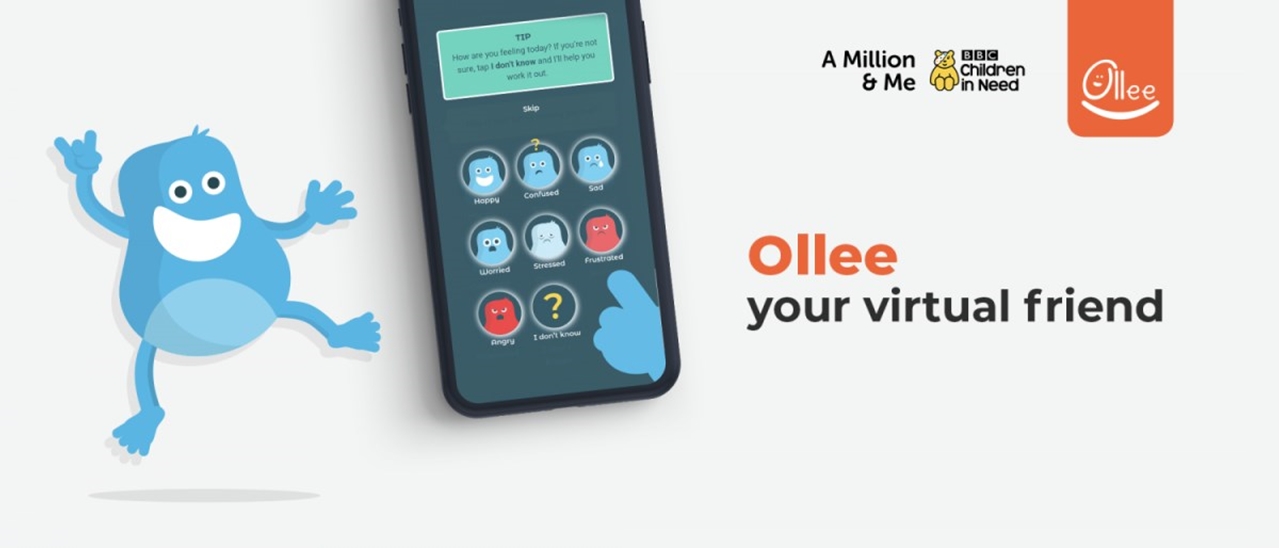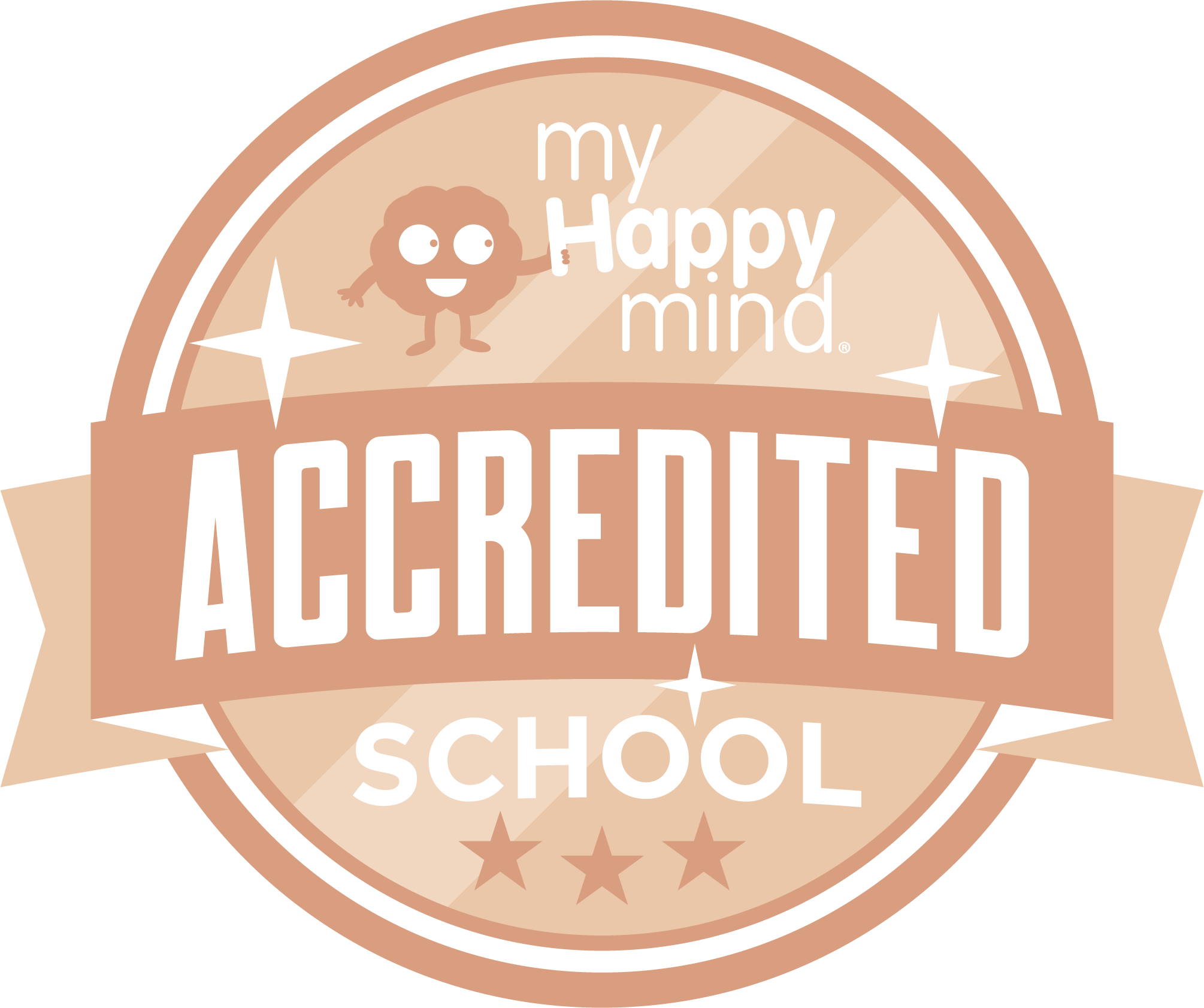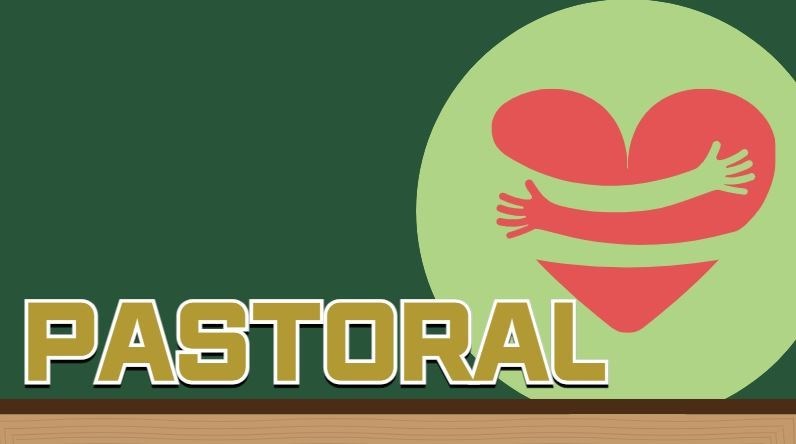
Pastoral Care at BVP
At Bournville Village Primary School we are committed to ensuring all children and their families receive the support they need to thrive. We believe that the pastoral care we provide is just as important as our academic support. We know that everyone experiences life challenges that can make us vulnerable and that we all need additional care and support for a variety of reasons at sometime in our lives.
Supporting our children's wellbeing enables them to flourish, achieve their full potential and give them the skills and resilience for life.
We work in partnership with our families and believe that developing honest, empathetic and trusting relationships are key.
As a team, we have a wide range of knowledge and skills to support children and their families, ensuring that they receive the appropriate care and support to meet their individual needs.
What do we mean by pastoral care?
At its simplest, pastoral care is the provision a school makes to ensure the physical and emotional welfare of it's pupils. It is the essential foundation upon which learning can take place.
Pastoral care is more than just the Pastoral Team, it feeds into everything we do as a school to ensure the wellbeing of your children. It is embodied in our school culture, policies and staff. This ranges from welcoming children at the door, celebrating their success to PSHE lessons and ensuring that all children have a voice and are listened to.
When additional support is required this is available for children in 1:1 sessions or group sessions with members of our Pastoral Team.
The Pastoral Team’s role is to help, support and advise children and their families and to provide a safe place for parents and carers who have worries or concerns about their child and ensure that all of our stakeholders are listened to, cared for and offered the support they need when they need it.
We know that not one size fits all, and so we ensure that the support we offer is tailored to the unique individual needs of each child and their families.
Our Pastoral Team
We have a dedicated Pastoral Team that comprises of three full-time members of staff who work with children and their families throughout school from Reception through to Year 6.
*Steph Kovacs- Pastoral Lead
*Daniel Purcell- Pastoral Assistant
*Emma Cummins- Pastoral Support
Our three designated pastoral rooms The Cottage, The Den and The Burrow, are located in the George and Elizabeth buildings and are used throughout the day.
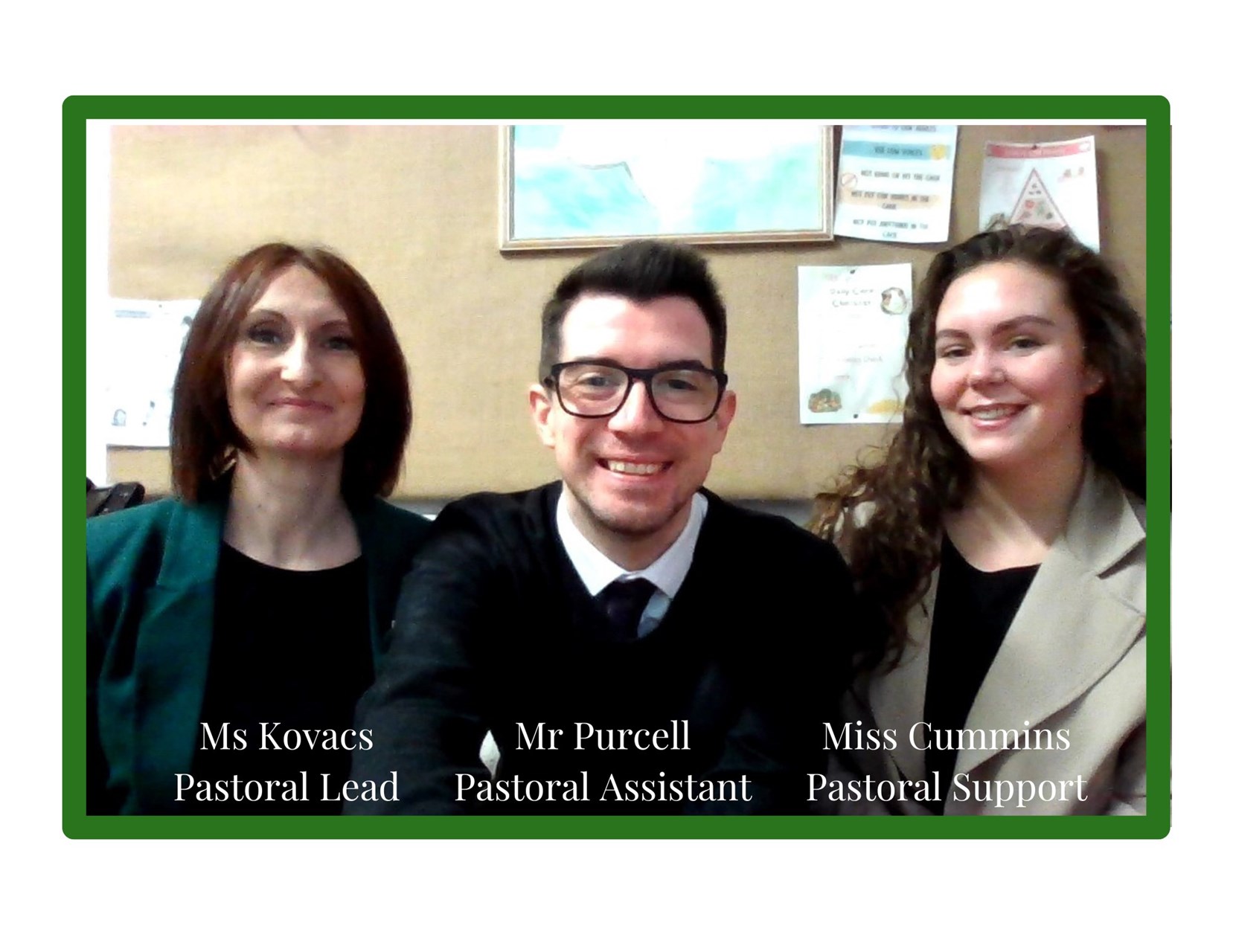
Our Pastoral Rooms
The Cottage
The Cottage is our purposely designed and resourced Nurture room. It is located in the George building and is very much a bridge between home and school, it offers a relaxed, informal environment away from the classroom.
Our KS1 and KS2 Nurture Groups take place in the Cottage daily and it is used as a lunchtime base, providing provision for those children who may require a quieter lunchtime or additional support during unstructured times.
Children who would like to speak to the Pastoral team are also encouraged to visit during this time.
When the room is in use children are able to leave a message for a member of the team, who will then check-in with them later in the day.
How can the Pastoral Team help?
We operate an 'open door policy' to listen to your concerns in a welcoming, safe, non judgemental space.
These are just some of the ways that we support our families.
Our Pastoral Team can offer:
- advice and support with your child’s behaviour at home or at school
- advice and support with bereavement, domestic violence, anxiety, illness, or separation
- advice and support with your child’s punctuality and attendance
- support with concerns you may have relating to your child
- concerns about any child’s welfare
- support to talk to your child’s teacher or to the school about any concerns or queries you may have
- help to access information and services about difficulties you may be experiencing such as money worries, relationships or health.
The Pastoral Team can help your child to:
- Recognise and understand their emotions
- Develop self -regulation strategies
- Talk about and manage anxieties and worries
- Express their views
- Raise self-esteem and confidence
- Support developing friendships
- Provide support during transitions
- Manage pressures and difficult times in their lives
- Learn about and develop their social and emotional skills
- Encourage and promote good school attendance.
- Manage feelings following bereavement and loss
How will the Pastoral Team support my child?
We understand that each child is unique and we carefully tailor any support or intervention to meet the individual needs of each child and their family.
This list is not exhaustive:
- Soft starts in the morning to ease transition into school
- 1.1 weekly check-in sessions
- Building Friendships:Lego Social Skills group
- Nurture Group
- ELSA intervention groups for self-esteem, wellbeing, anxiety, emotional regulation and social skills
- 1.1 sessions for anxiety, emotional regulation , bereavement and loss
- Reactive support during the school day for any issues or difficulties that arise
- Support within the classroom
- Lunchtime support
- End of day check-ins
How can I access support for my child?
There are four main ways to refer a child for pastoral support:
- A request for pastoral support from classroom-based staff
- A child’s needs are identified by Pastoral Staff through our in-school monitoring
- A request for support from a parent
- A request for support from a child
Should you feel your child requires additional support or if you just want some advice or to talk, please don't hesitate to contact the team. This can be done via our email- [email protected], by calling the school office or attending one of our after school drop-ins that run every Tuesday from 3.30pm-4.30pm in the Cottage.
What happens once a child is referred for Pastoral Support?
- Parents/Carers will always be contacted to discuss any concerns or suggested support
- The Pastoral Team will gather information in a variety of ways to ensure your child receives the appropriate support
- This could include assessments such as SDQ's, Boxall Profiles , ELSA questionnaires or the Stirling Wellbeing Survey. We may also carry out observations in the classroom or playground, speak to staff and if appropriate, your child to gain their voice
- Parents will be contacted to discuss the outcome and any recommendations for support
- In agreement with Parents/Carers a plan will be put in place to provide support
- Parents will be notified of a start date and be contacted at the end of any period of intervention to discuss progress and next steps
- If required the team will contact Parents/Carers at other points to provide updates or discuss any concerns
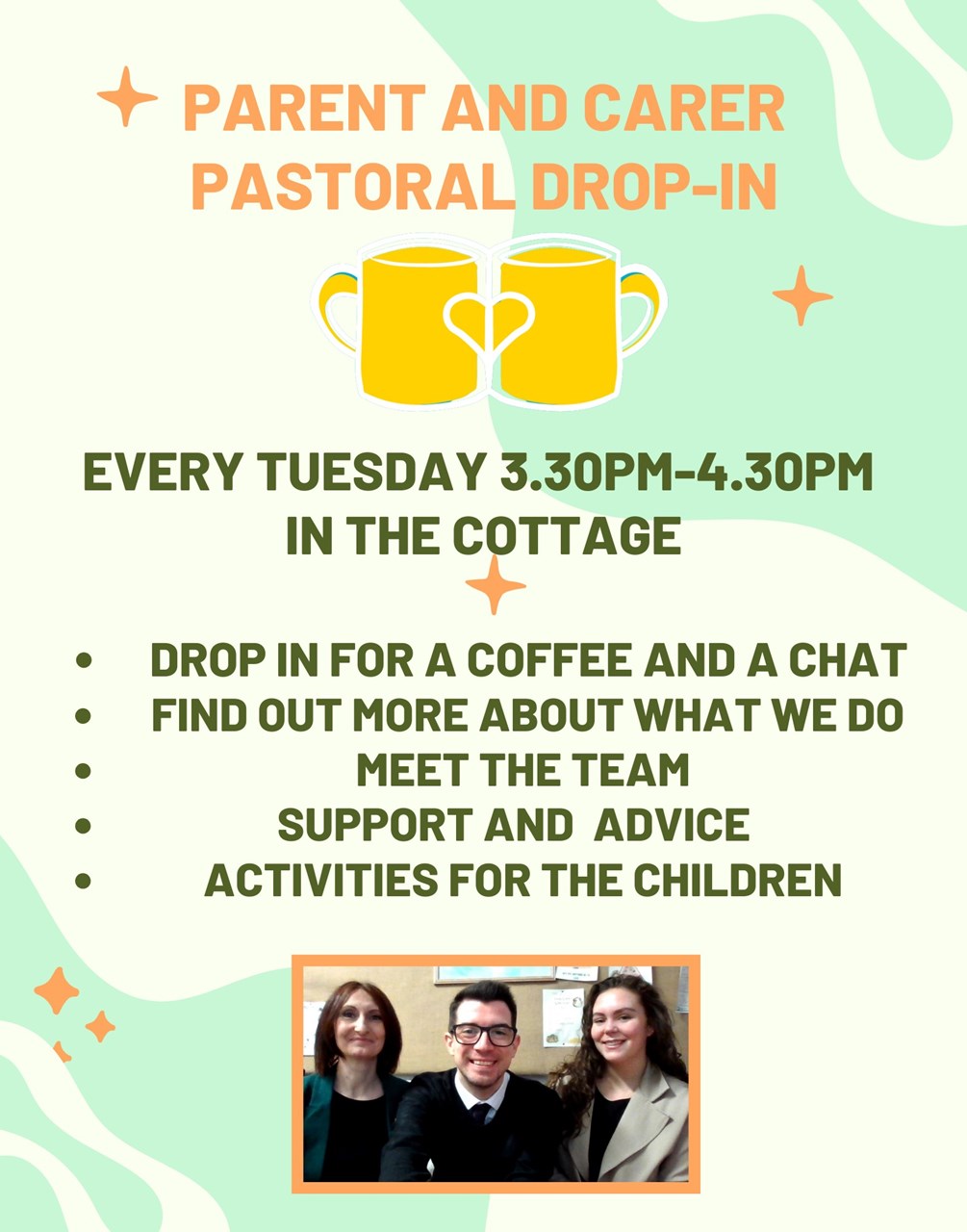
What is a Nurture Group?
Nurture groups are small group interventions that take place daily in The Cottage.
Our Nurture Groups support children throughout the school with their social, emotional and mental wellbeing.
To find out more about Nurture Groups and what they look like at BVP click on the link below.
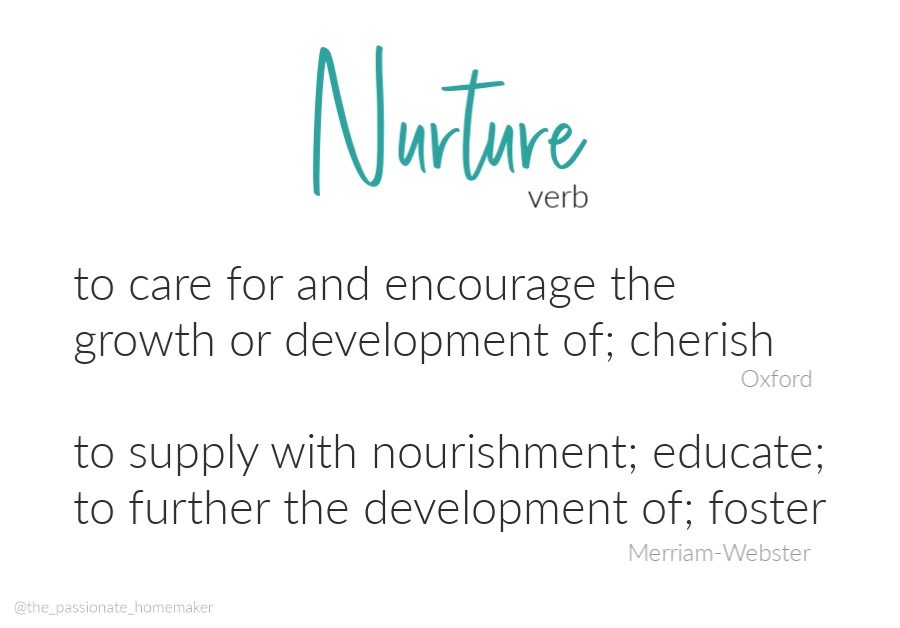
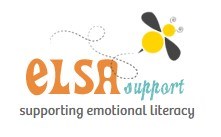
What is ELSA?
ELSA stands for Emotional Literacy Support Assistant and are school staff trained to plan and deliver programmes of support to pupils who are experiencing temporary or longer term additional emotional needs. The majority of ELSA work is expected to be delivered on an individual basis, but sometimes small group work will be appropriate, especially in the areas of social and friendship skills.
What can ELSAs help with?
There are a lot of emotional skills that ELSA can help with, including:
- Social Skills
- Bereavement
- Social Situations
- Therapeutic Stories
- Anger Management
- Self-esteem
- Real-life problem-solving skills
- Friendship
How long should an ELSA Programme last?
The programme works best when there are aims for children to work towards and achieve.
Further intervention towards new aims can be put in place at a later date if required.
ELSA sessions are:
- Weekly
- 30-60 minutes
- 1 or group sessions
- Run between 6-12 weeks
During a session, an ELSA will:
- Check how the child is and how they have been feeling for the past week.
- Review the content that was covered in the last session and see if any of the information needs to be revisited.
- To introduce new content through engaging games and activities.
- End the session in a way that helps the child to adjust to going back to class.
Some children benefit from shorter sessions depending on how long they can stay engaged. Adults working with a child will get to know the ideal session length for them.
Some children may not respond well to support stopping all at once, so a graduated end to a programme is often a good idea.
* * * * * * * * *
Understanding and Supporting Children: Information and Resources
Do you have an anxious child?
**** Recommended self-help anxiety workbook for 6-12 year olds ! ****
What to Do When You Worry Too Much ( A kids guide to overcoming anxiety) by Dawn Huebner is an interactive self-help book designed to guide 6-12 year olds and their parents through the cognitive-behavioral techniques most often used in the treatment of generalised anxiety. Engaging, encouraging, and easy to follow, this book educates, motivates, and empowers children to work towards change. We have used this book at school and have found it a very useful tool.
*** A story book recommended for younger children***
Ruby's Worry, Ruby discovers that recognising and sharing a worry is a first step towards shrinking the worry. We can help children to recognise the feelings of worry, maybe a knot in the tummy or other feelings like being sad or grumpy, we can then talk about worries and try strategies to help with the uncomfortable feelings that anxiety can cause.
Follow the links below for guidance and resources to help you support your child with their anxiety:

Big Feelings and Behaviour
Supporting Transitions
- Dealing with Changes and Transitions - Social Story
- Transitions : Mentally Healthy Schools
- Place2Be: Parenting Smart: Help your child manage separations and goodbyes
- inourplace | Solihull Approach – Moving up
- New School Year | Transitioning Up | Explore Learning
- Young Minds: Transitions and Times of Change
- Moving Up! The transition to secondary school
ELSA School Group Intervention Resources
*****Signposting for Further Advice and Support*****
With such a wealth of information available online it can be difficult to know where to start. We have provided links below to organisations that can offer practical help, advice and support to you and your family on a wide range of issues, and who families tell us have been a useful source of advice and support.
Local Services
National Organisations
Ollee is a digital friend for children aged 8-11, created by Parent Zone and funded by BBC Children in Need's A Million & Me initiative, which aims to make a difference to children's emotional wellbeing. It's designed to help children reflect on how they feel and to process their experiences with the support and help of their parents and carers - and it does this by offering them advice about a range of subjects: school, family, friends, their body, the internet and the world.
WeHeartCBT is a collection of resources for children and young people who are struggling with anxiety and/or low mood, based on a Cognitive Behavioural Therapy (CBT) approach. There are resources for parents to support your child's anxiety and/or low mood.
